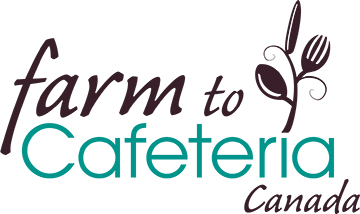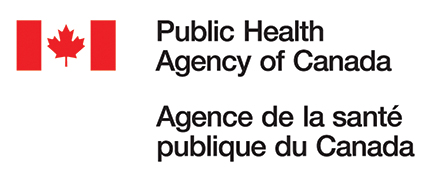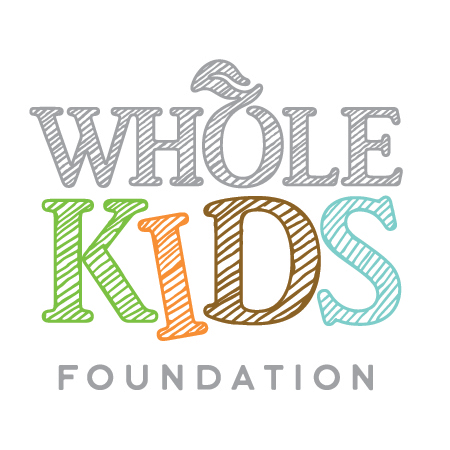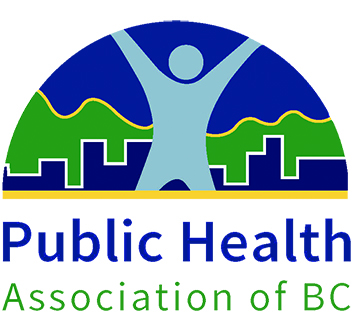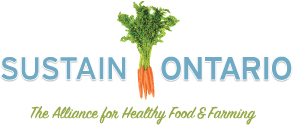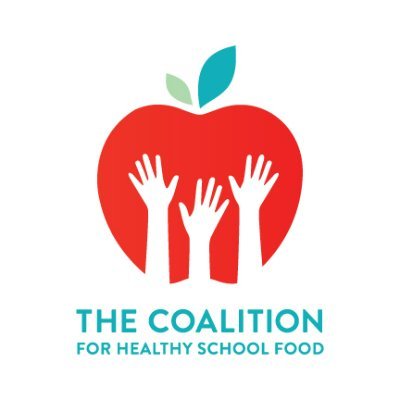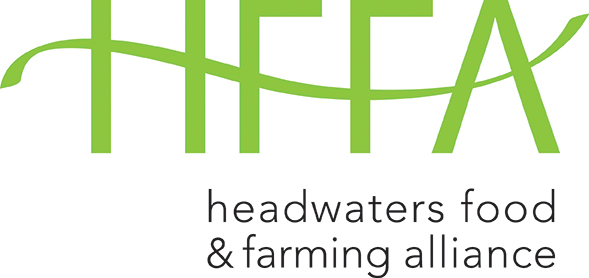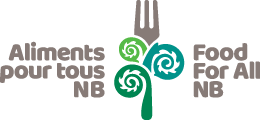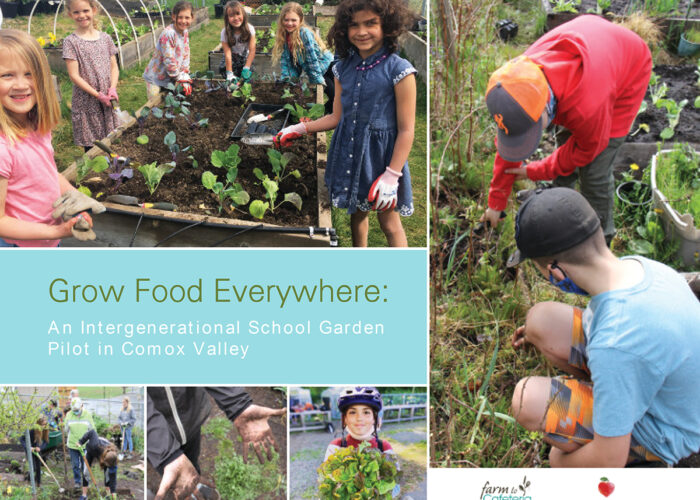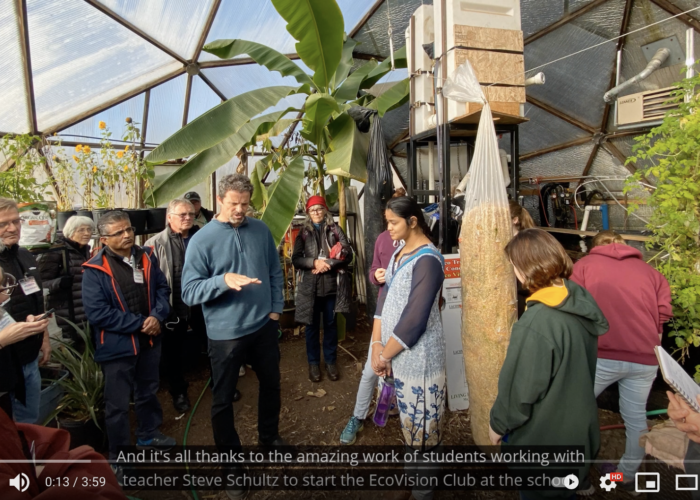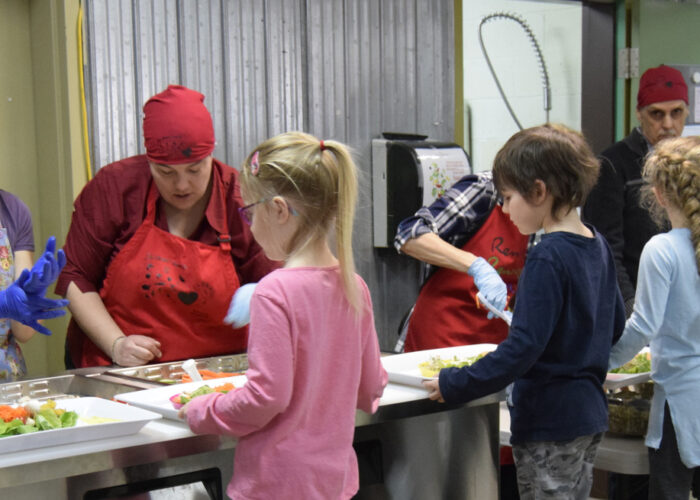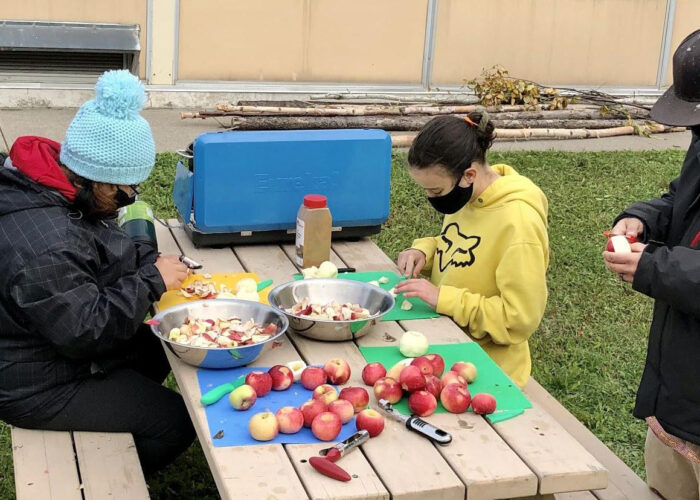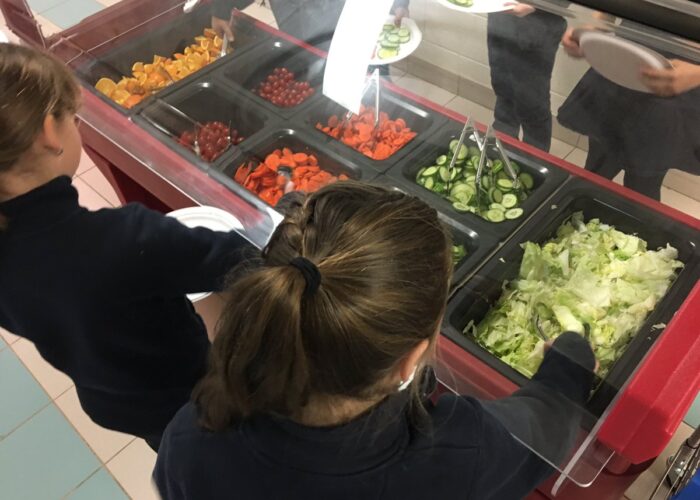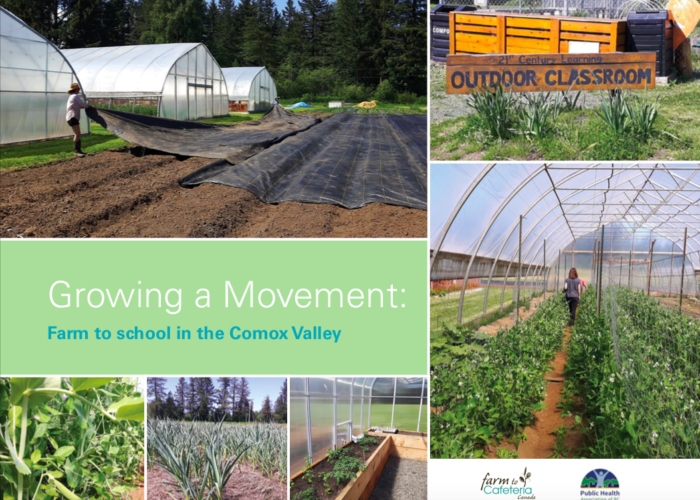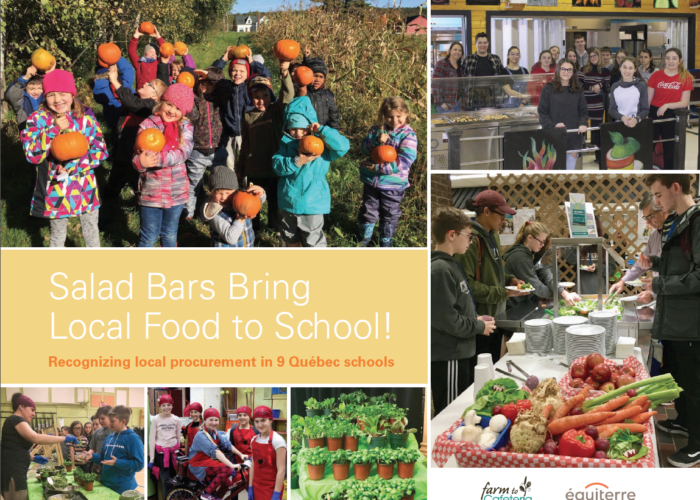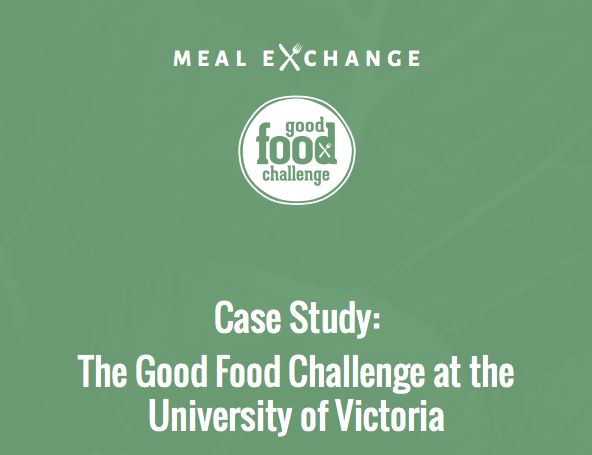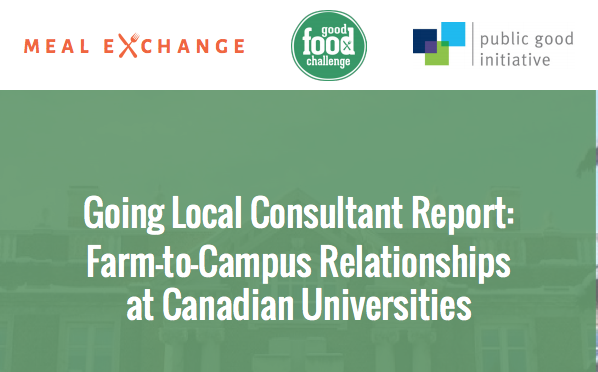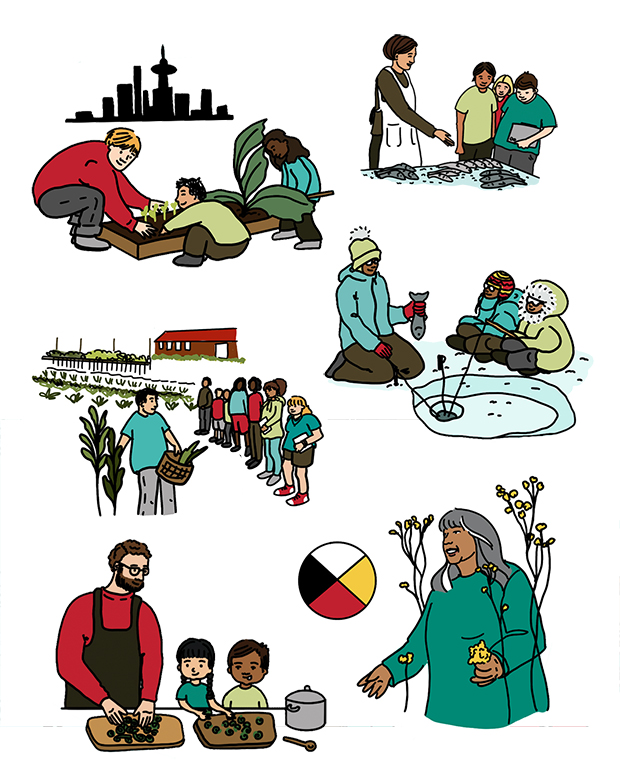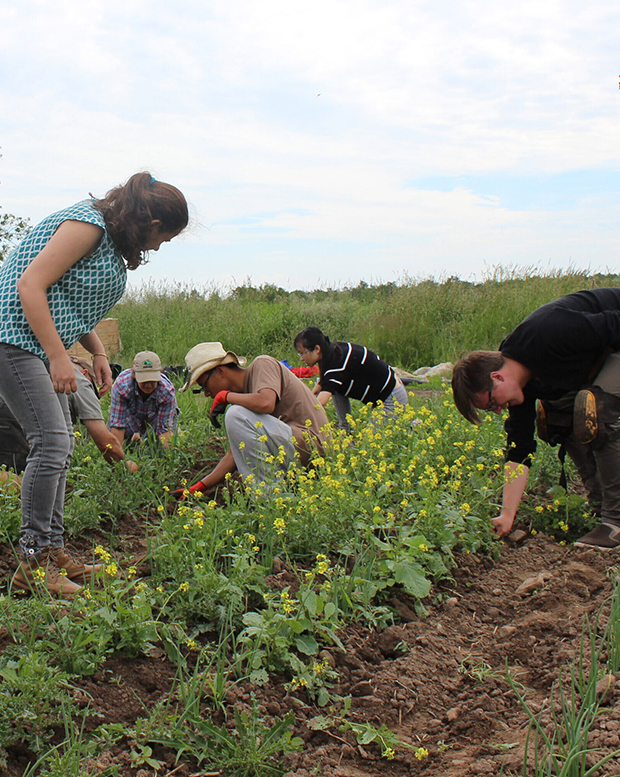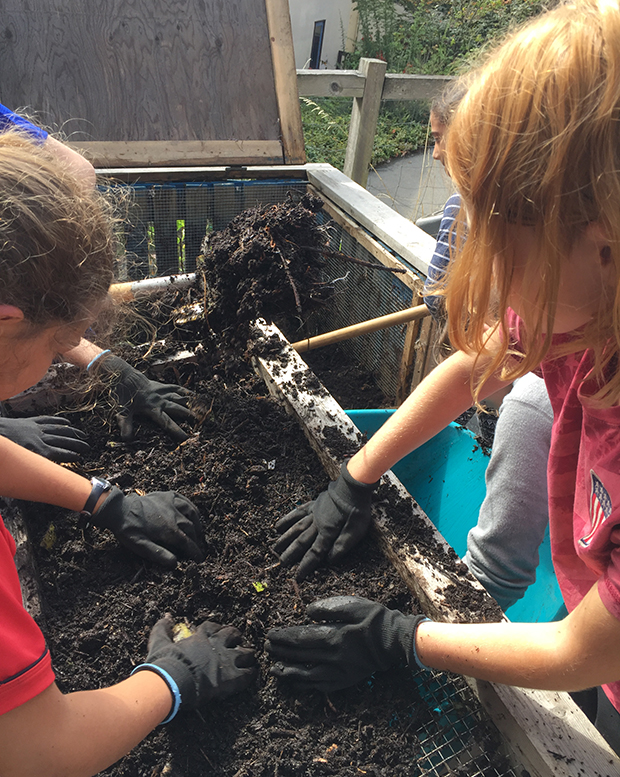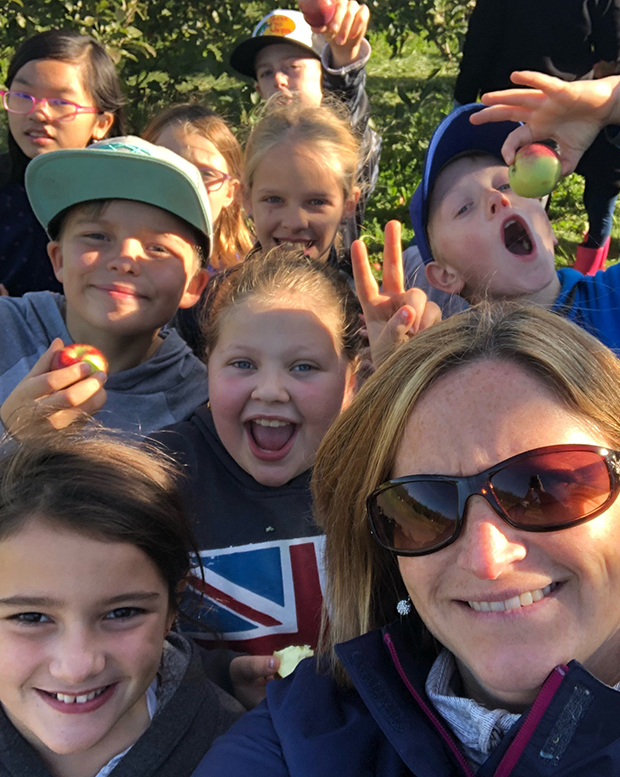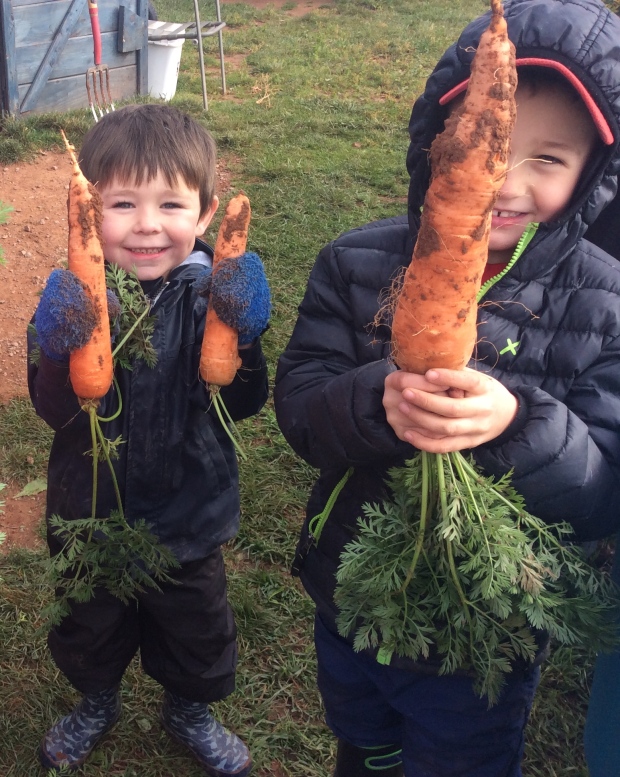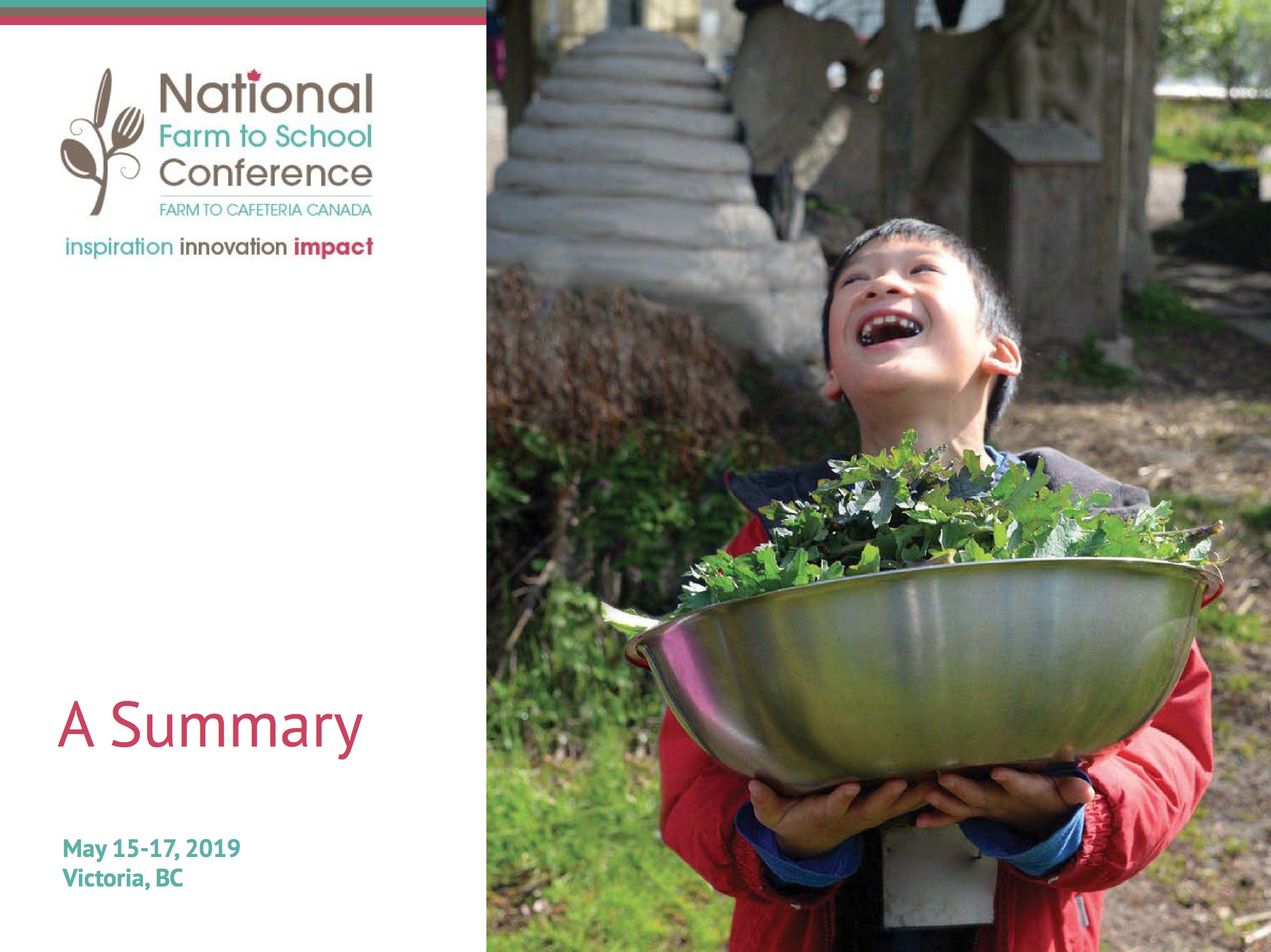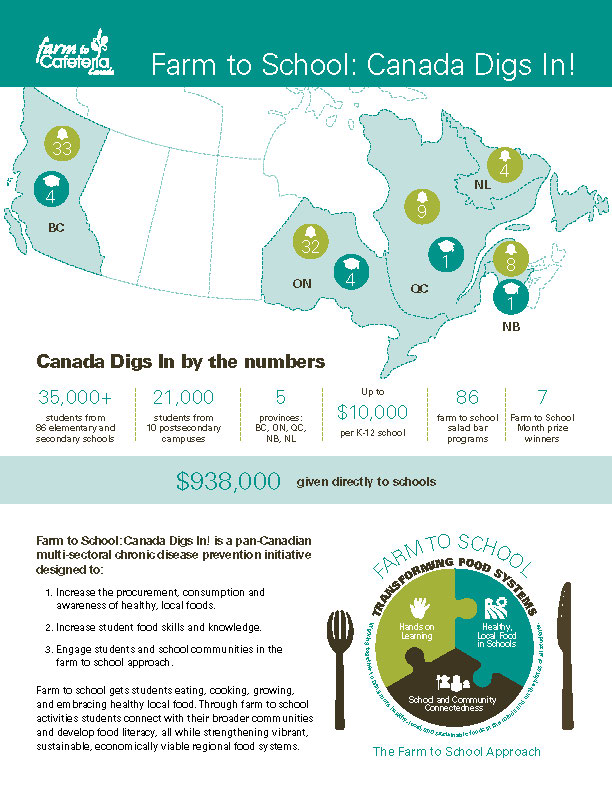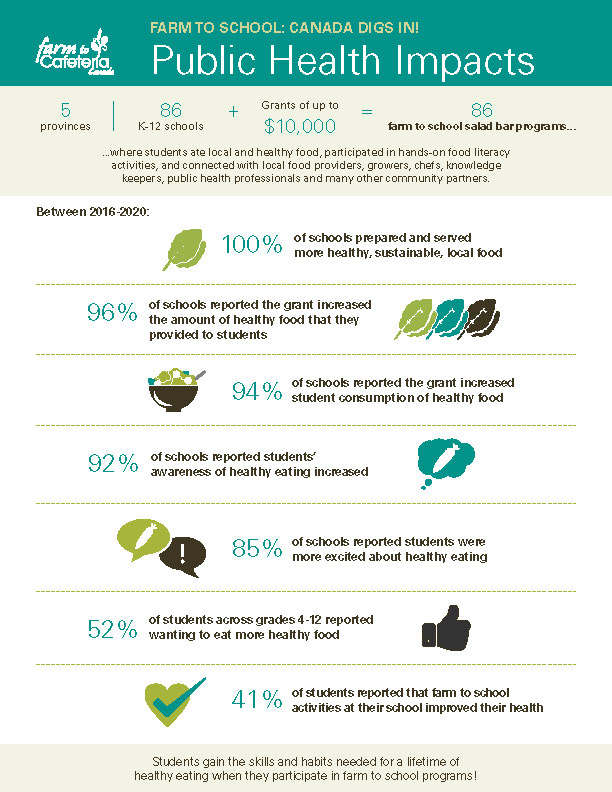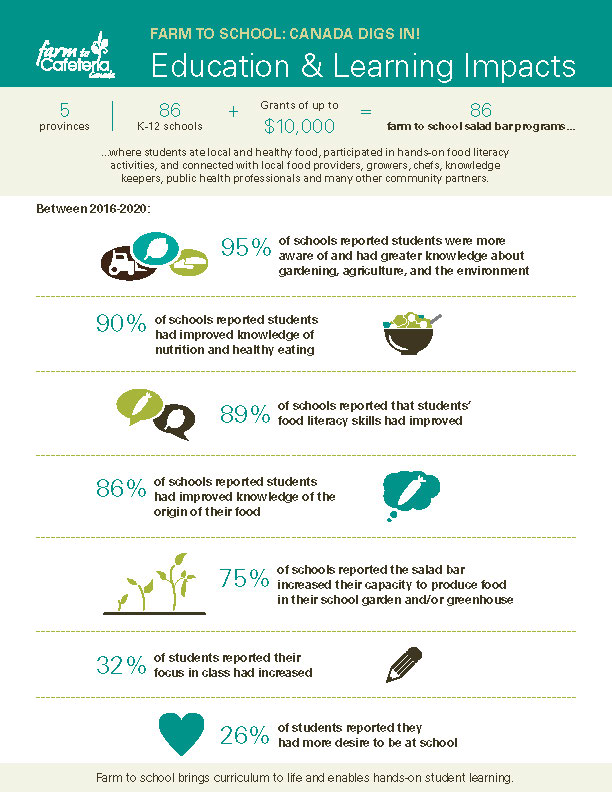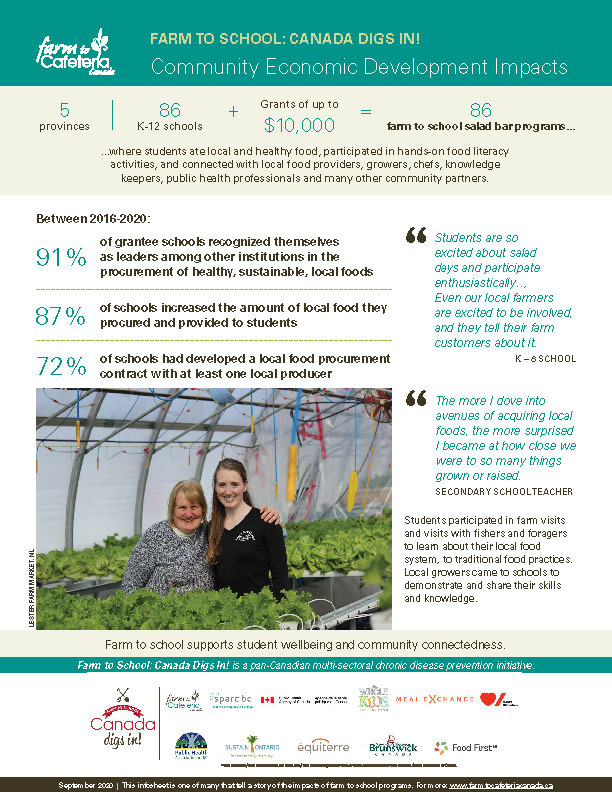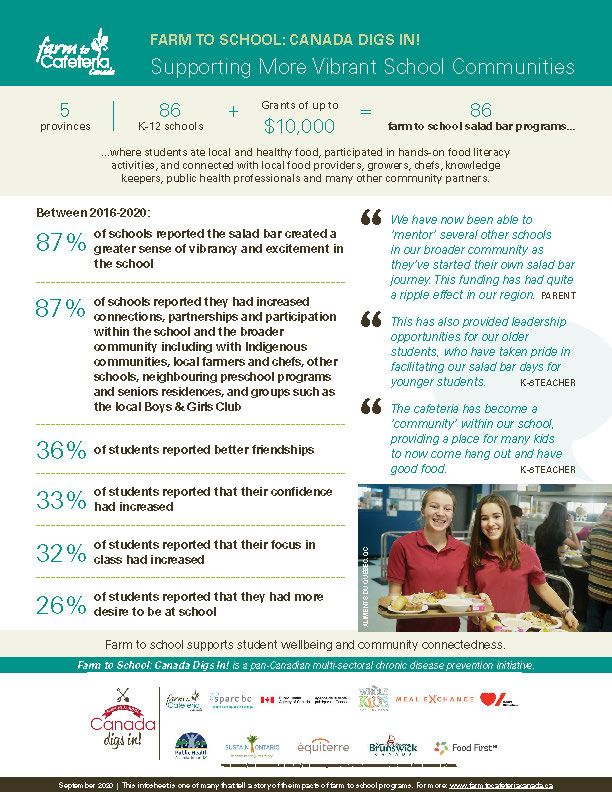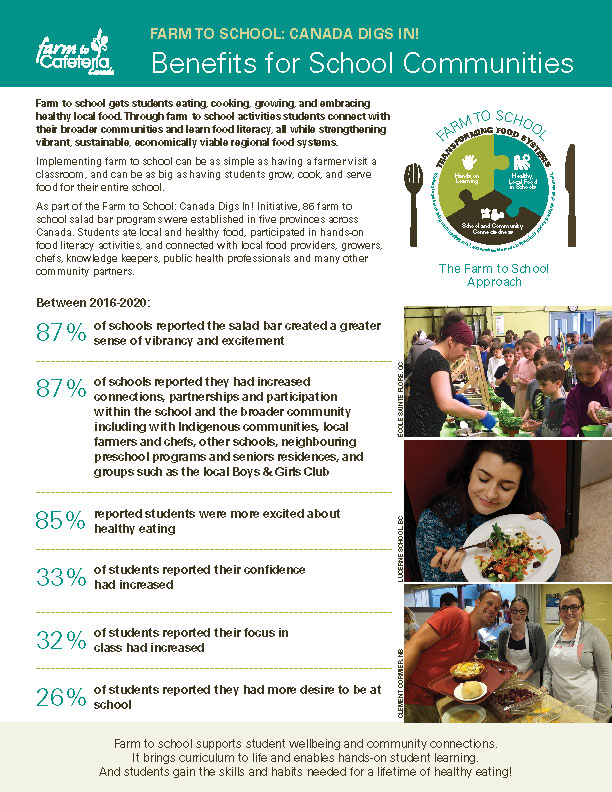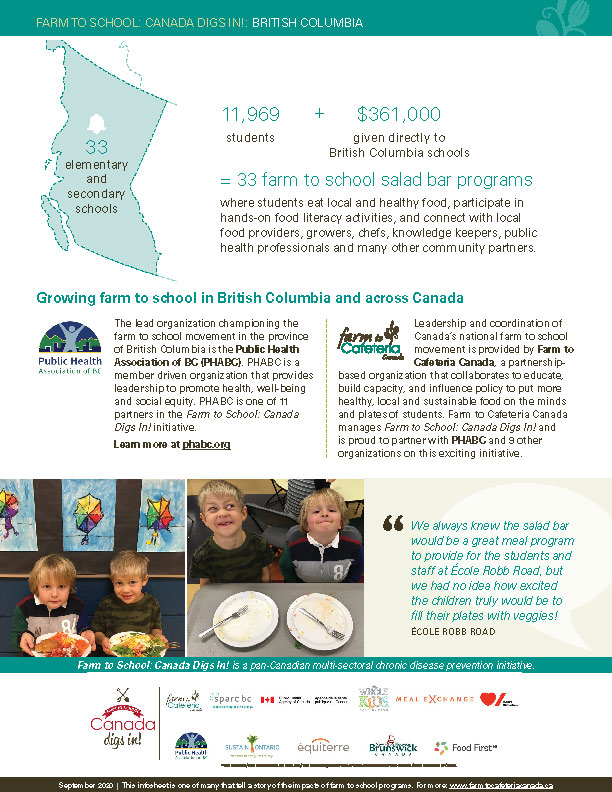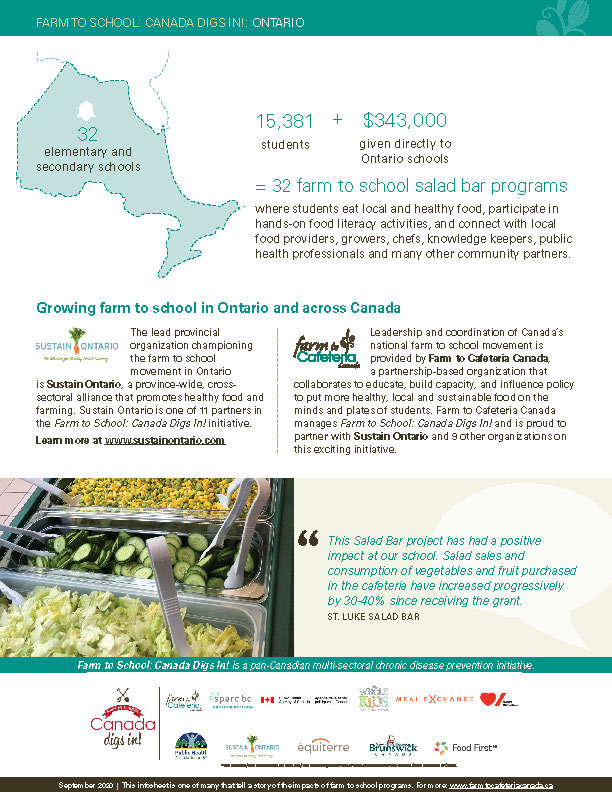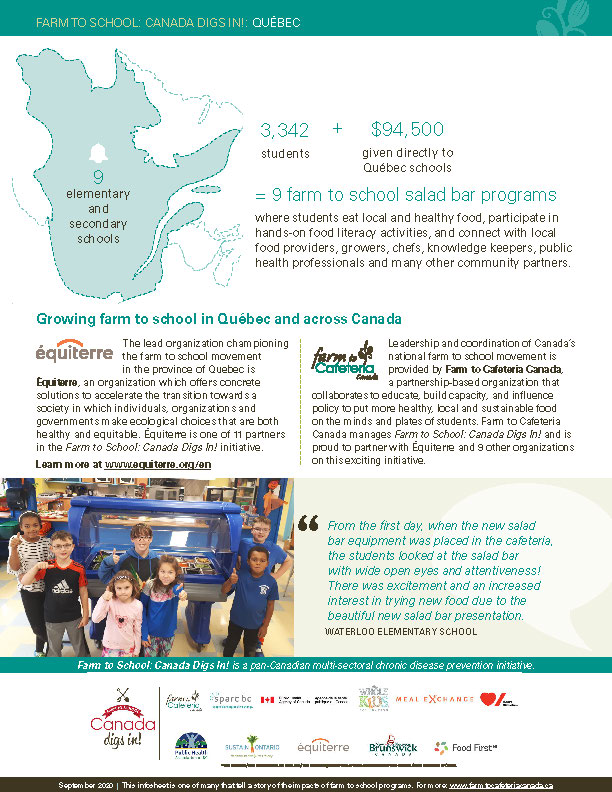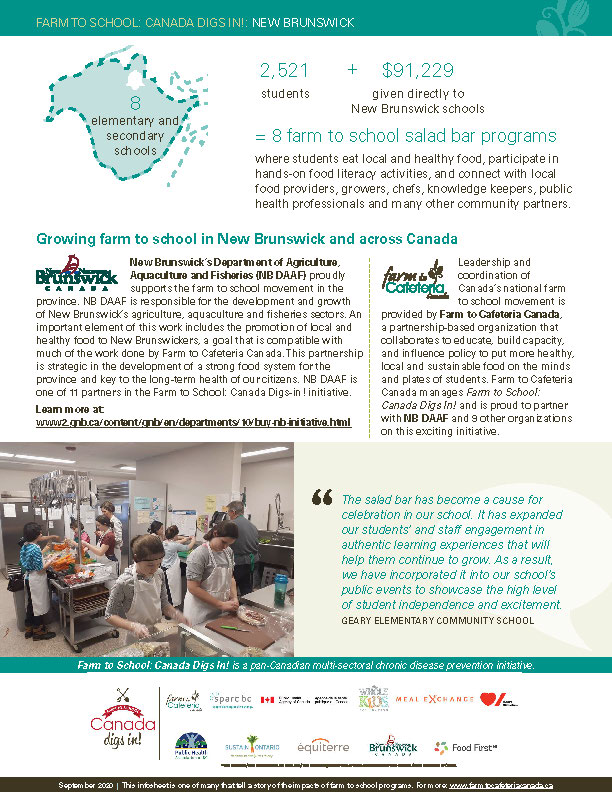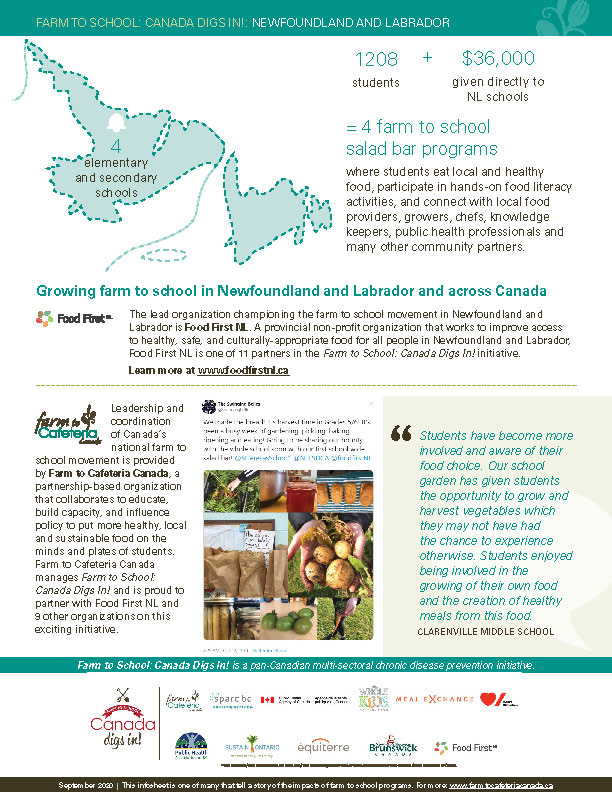ABOUT THE INITIATIVE
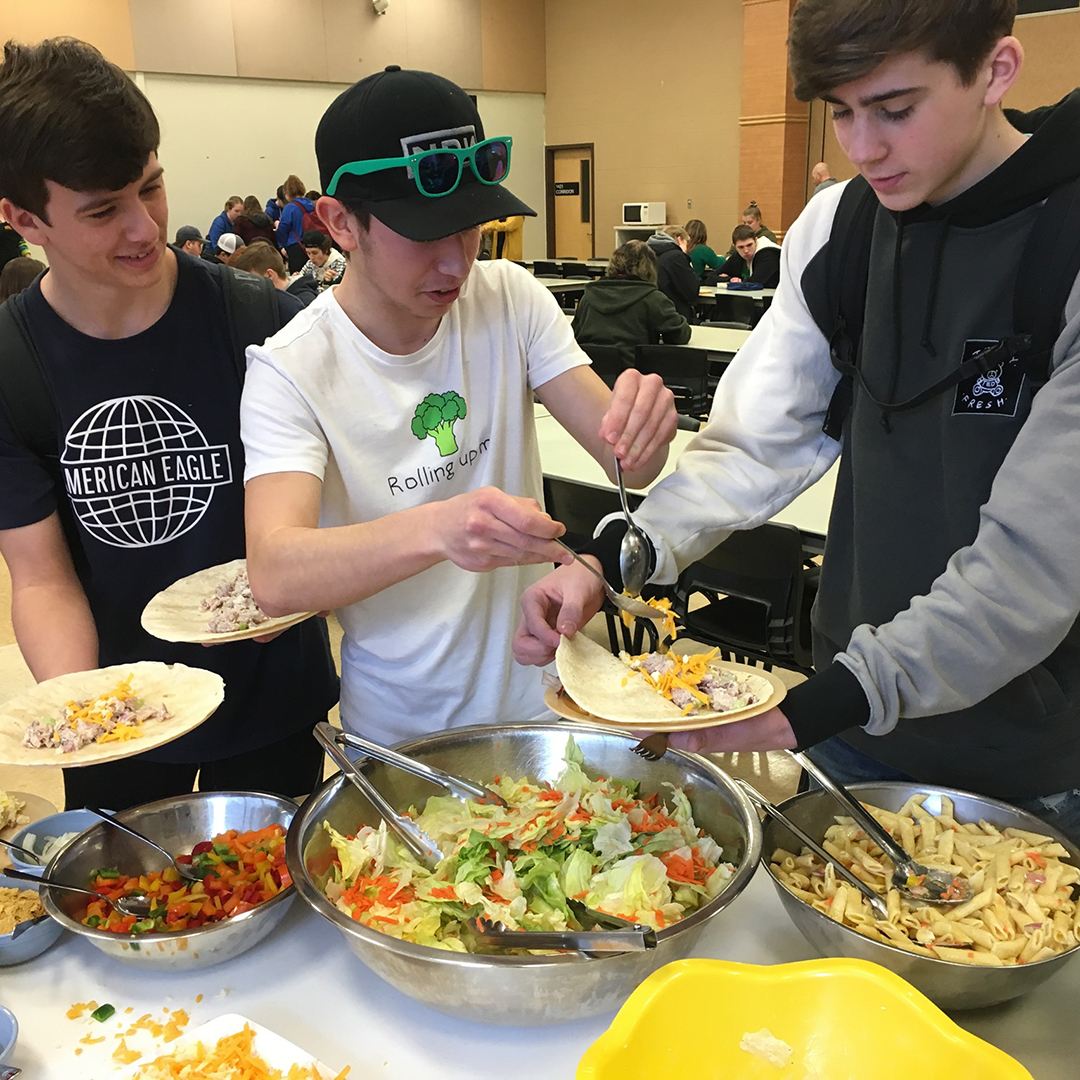
Canada’s First National Farm to School Initiative
Farm to School: Canada Digs In! (Canada Digs In!) has been a multi-sectoral partnership designed to prevent chronic disease. Launched in 2017, Canada Digs In! has set out to improve student nutrition and food literacy while building community and strengthening local food systems.
This interactive report tells the story of this 5-year initiative and builds on our 2020 report. It celebrates the champions who made it possible, provides links to practical resources developed along the way, and showcases the project’s impacts.
What is Farm to School?
Farm to school gets students eating, cooking, growing, and embracing healthy, local food. Through farm to school activities, students connect with their communities and develop food literacy, all while strengthening vibrant, sustainable, economically viable regional food systems.
“Local Food to School” is a term that may be used interchangeably with “Farm to School” to reflect a broader range of food systems unique to each community. Within this definition, “local food” can include seafood, game and other wild foods that connect schools with fishers, Elders and other knowledge keepers who can harvest and prepare these foods safely and in a culturally meaningful manner.
In order to celebrate and amplify the many ways that farm to school takes shape in different communities, and to show how farm to school involves the whole local food system, we developed the 2 visuals below:
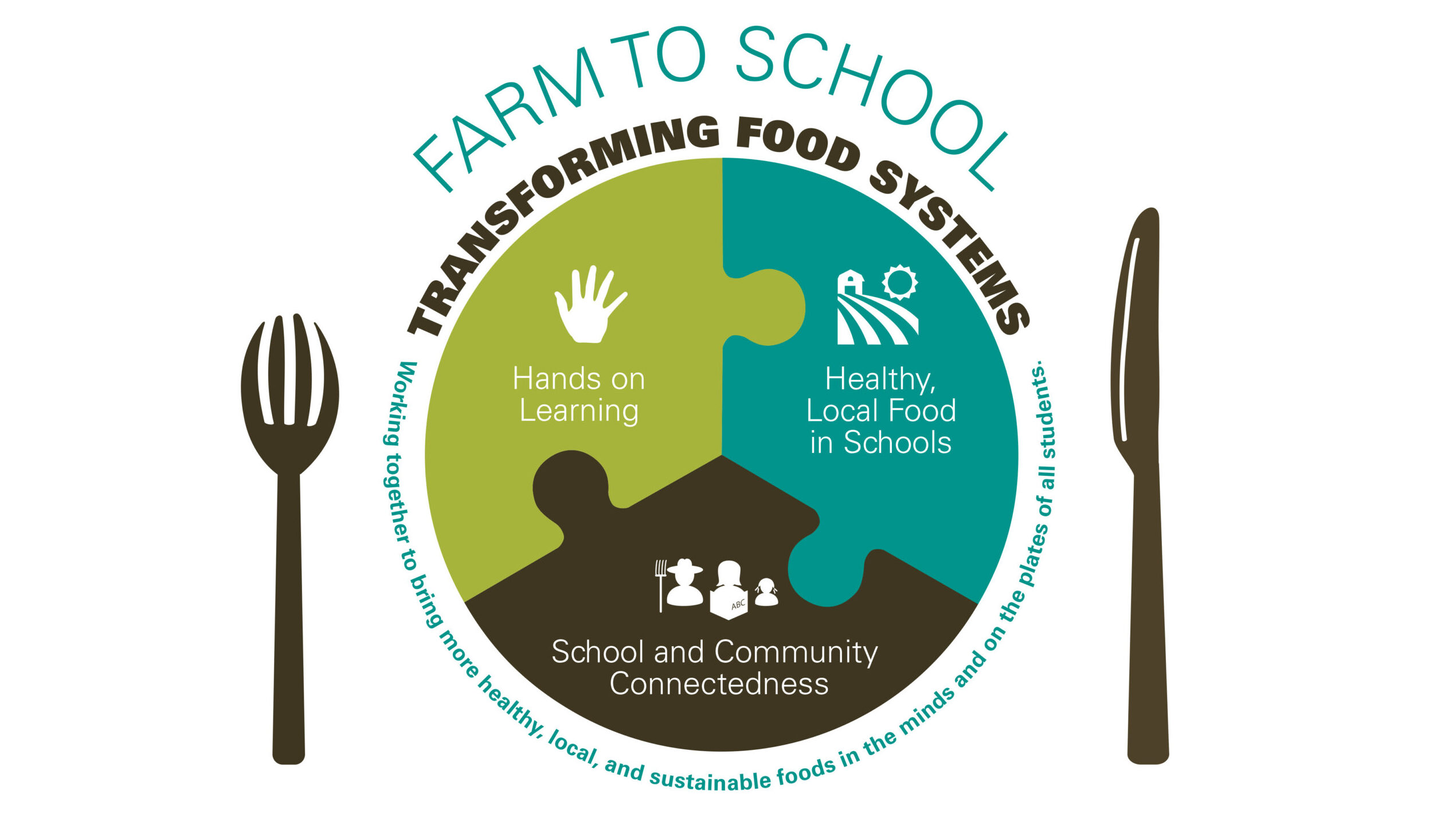
The Farm to School Approach
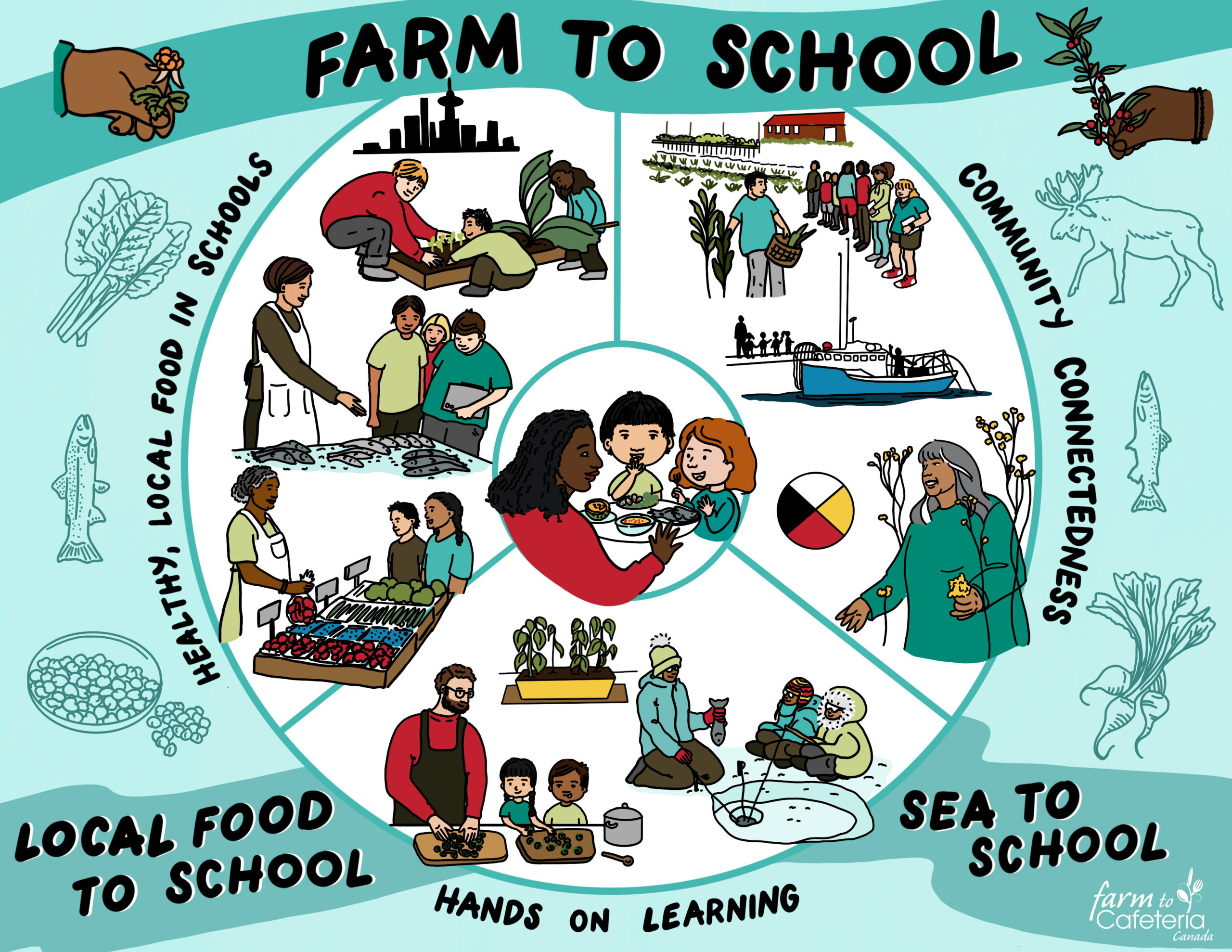
Graphic Recording: Carina Nilsson
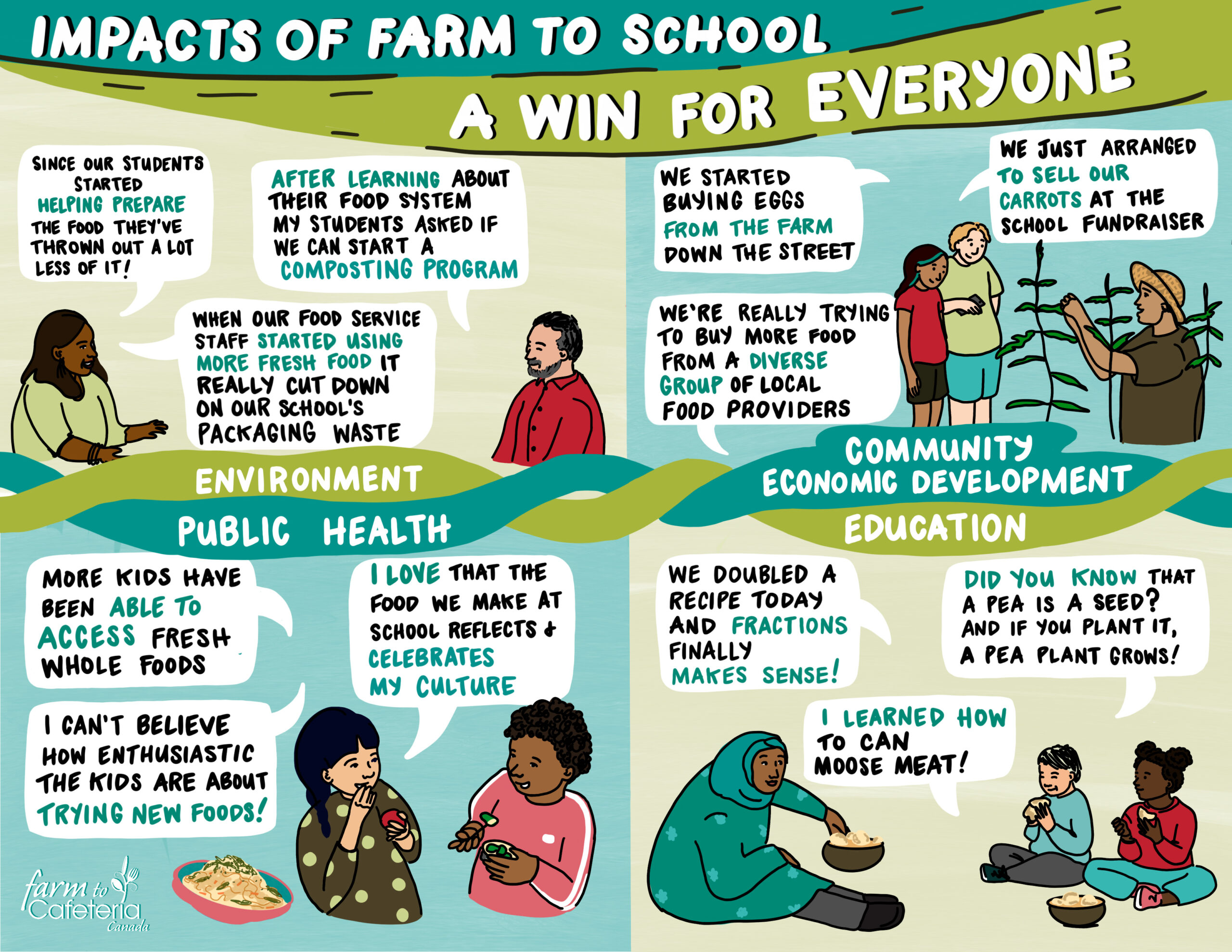
Graphic Recording: Carina Nilsson
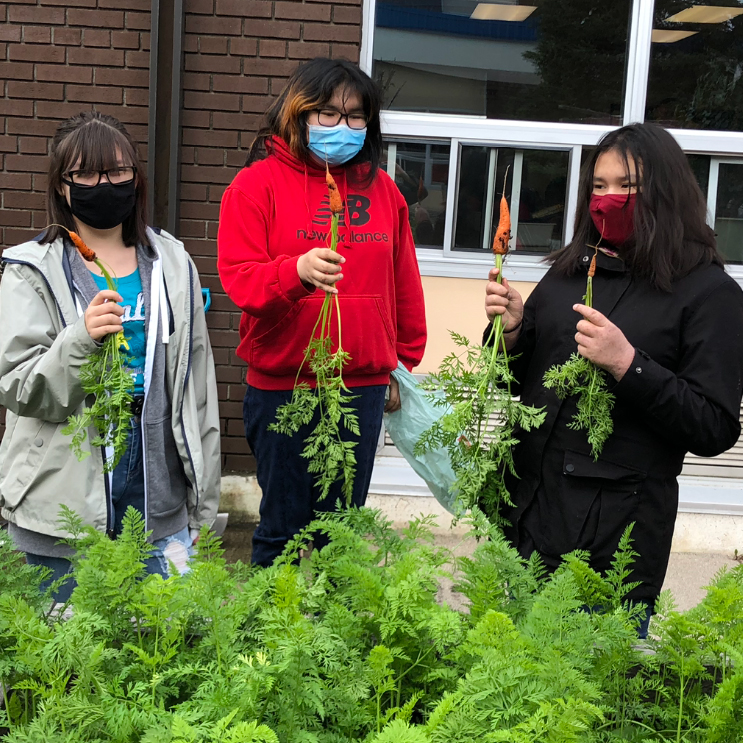
Project Goals
The goal of Canada Digs In! has been to scale up Canada’s farm to school movement and enable students to develop the life-long knowledge, skills, and habits to support their wellbeing, their communities, and the planet.
The project has worked to:
- Implement farm to school programs across Canada in elementary, middle, and secondary schools through the Farm to School Canada Grants program, and on campuses through the Good Food Challenge.
- Build capacity among school communities and project partners by providing training, resources, and knowledge-sharing activities.
- Evaluate the initiative, providing the first-ever empirical evidence of the impacts of farm to school in Canada as well as a framework for consistently evaluating this work.
The Power of Partnerships
This partnership has made us feel part of a bigger movement, and provided evidence-based best practices to help guide our efforts.”
– Regional Partner on Canada Digs In!
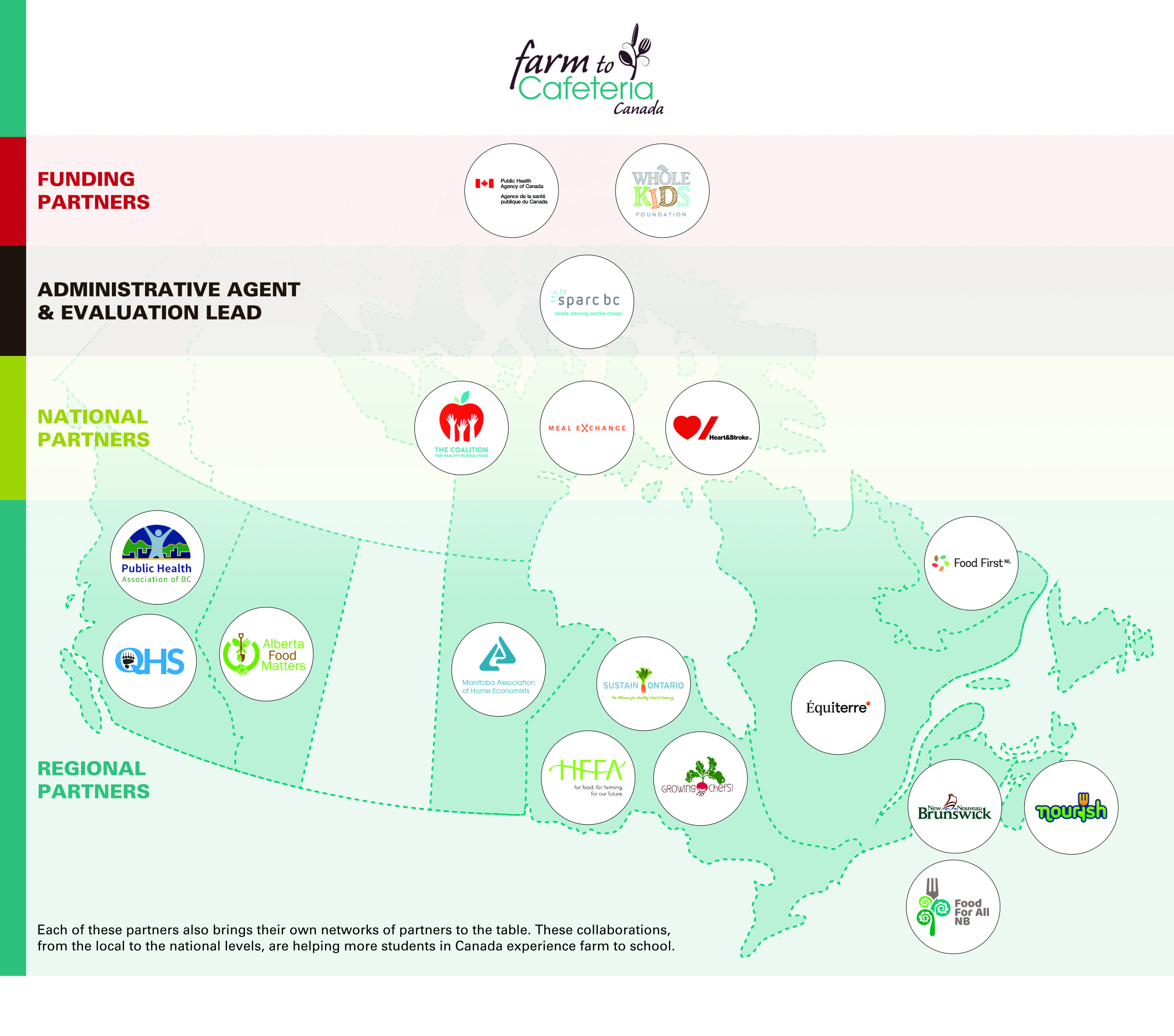
Canada Digs In project partners came together to get more healthy, local food on the minds and plates of students to promote healthy living and prevent chronic disease.
The Public Health Agency of Canada’s $3.0M investment in Canada Digs In! is the largest federal investment in school food in Canada to date (excluding emergency funding during Covid-19). With this initial investment, Canada Digs In! has been matched by an additional $3.0 M of cash and in-kind contributions from its 19 other project partners.
In a recent partnership survey, 100% of respondents indicated that their partnership with Farm to Cafeteria Canada has increased their organization’s:
- Inspiration
- Knowledge about different themes relating to farm to school
- Sense of validation for their efforts, and the importance of their work in this space
F2CC Regional Leads
Regional Leads are members of the Canada Digs In! project implementation team and are the go-to contact for Farm to Cafeteria Canada in their region. Throughout the initiative, the Regional Leads have worked as a team to advance farm to school initiatives in their regions and across the country by facilitating capacity building, network development, knowledge translation and exchange and evaluation. The Regional Leads typically work for a partner organization based in the geographic region they represent. These individuals have held the Regional Lead position in their respective provinces.
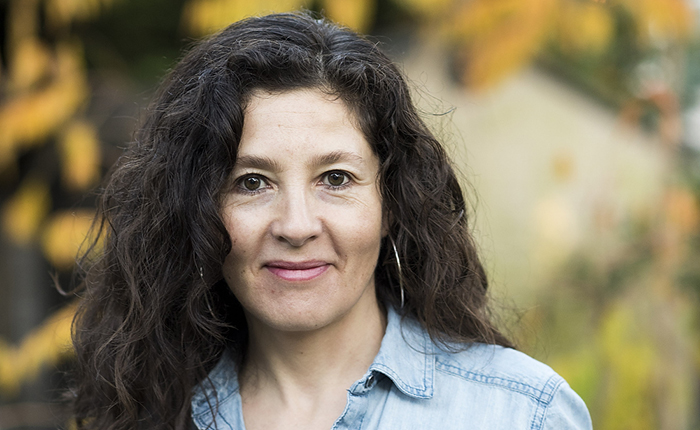
CLAUDIA PÁEZ
British Columbia

Marcus Lobb
British Columbia

Melodie
Ho
Manitoba

CAROLYN WEBB
Ontario

Nicole Hambleton
Ontario

GENEVIÈVE CHATELAIN
Québec

Melanie Cormier
New Brunswick
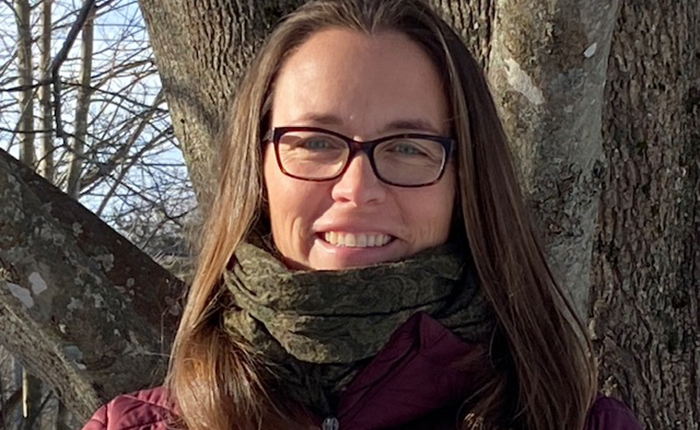
Dawn
Hare
Nova Scotia

Genevieve Drisdelle
New Brunswick

Suzanne Hawkins
Newfoundland & Labrador
Advisory Council
In 2021 we expanded our Advisory Council, which is responsible for stewarding Farm to Cafeteria Canada’s direction, success, and ensuring long-term sustainability. Members provide guidance and support projects and program development, while helping to grow our national network and strengthen partnerships. F2CC is committed to building and sustaining an Advisory that is representative of the unique individuals, sectors, and communities we serve.
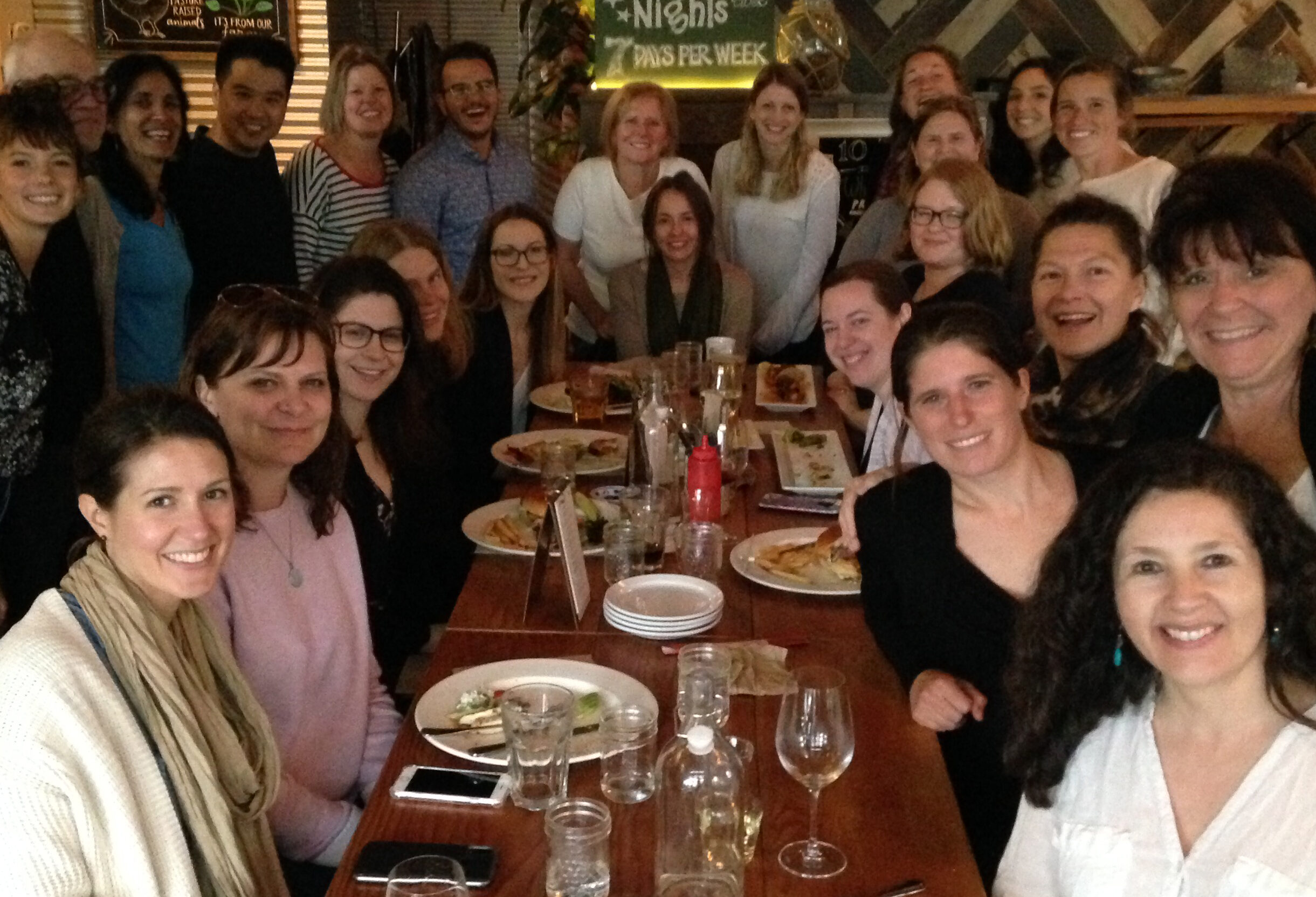
“There is real strength in connecting with — and sharing information with — leads in other provinces. We have a lot to share and also to learn from them.”
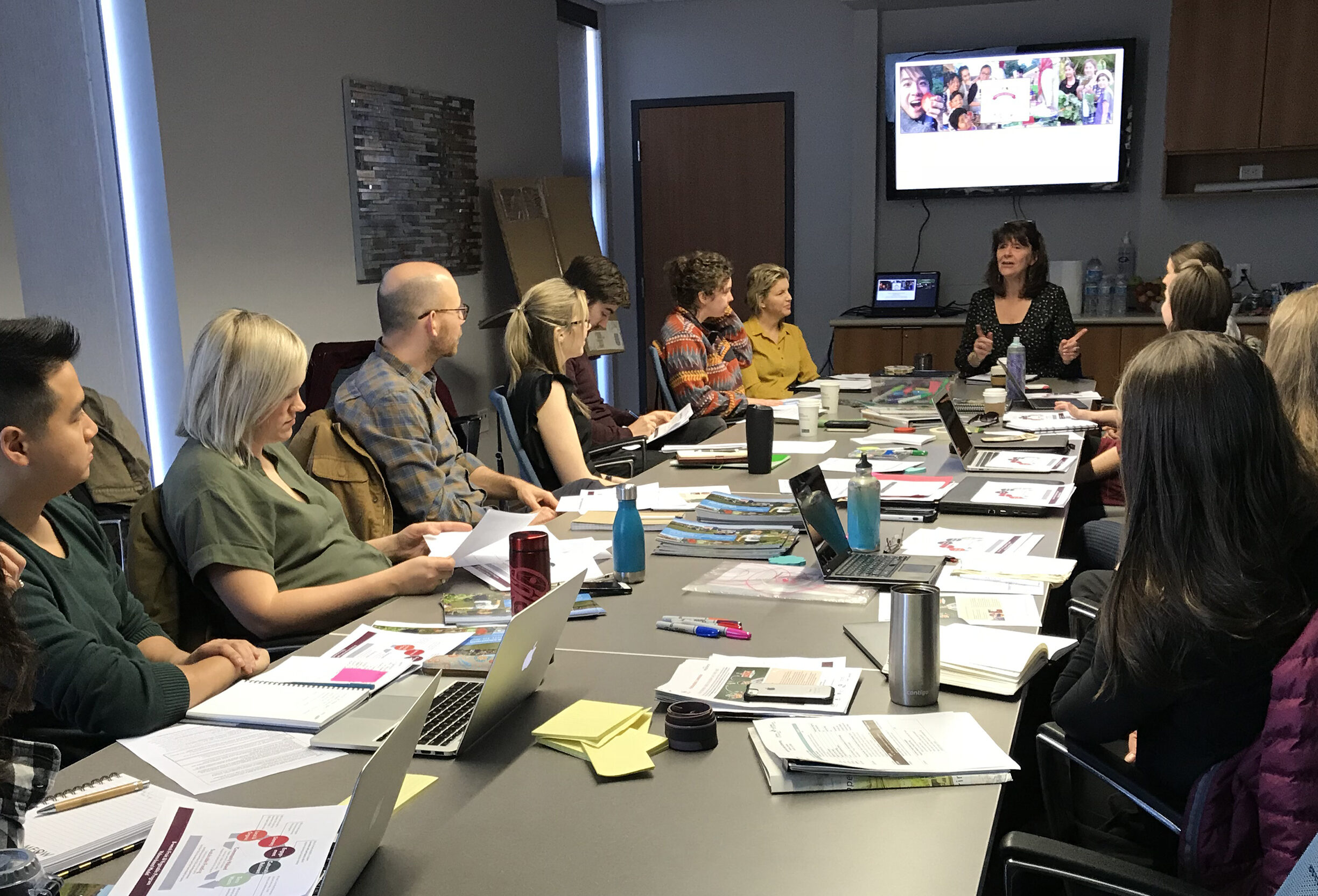
“F2CC has created a network of like-minded people and organizations across Canada and there is enormous value for our local organization, and nationally, by bringing us all together.”
IMPLEMENTATION
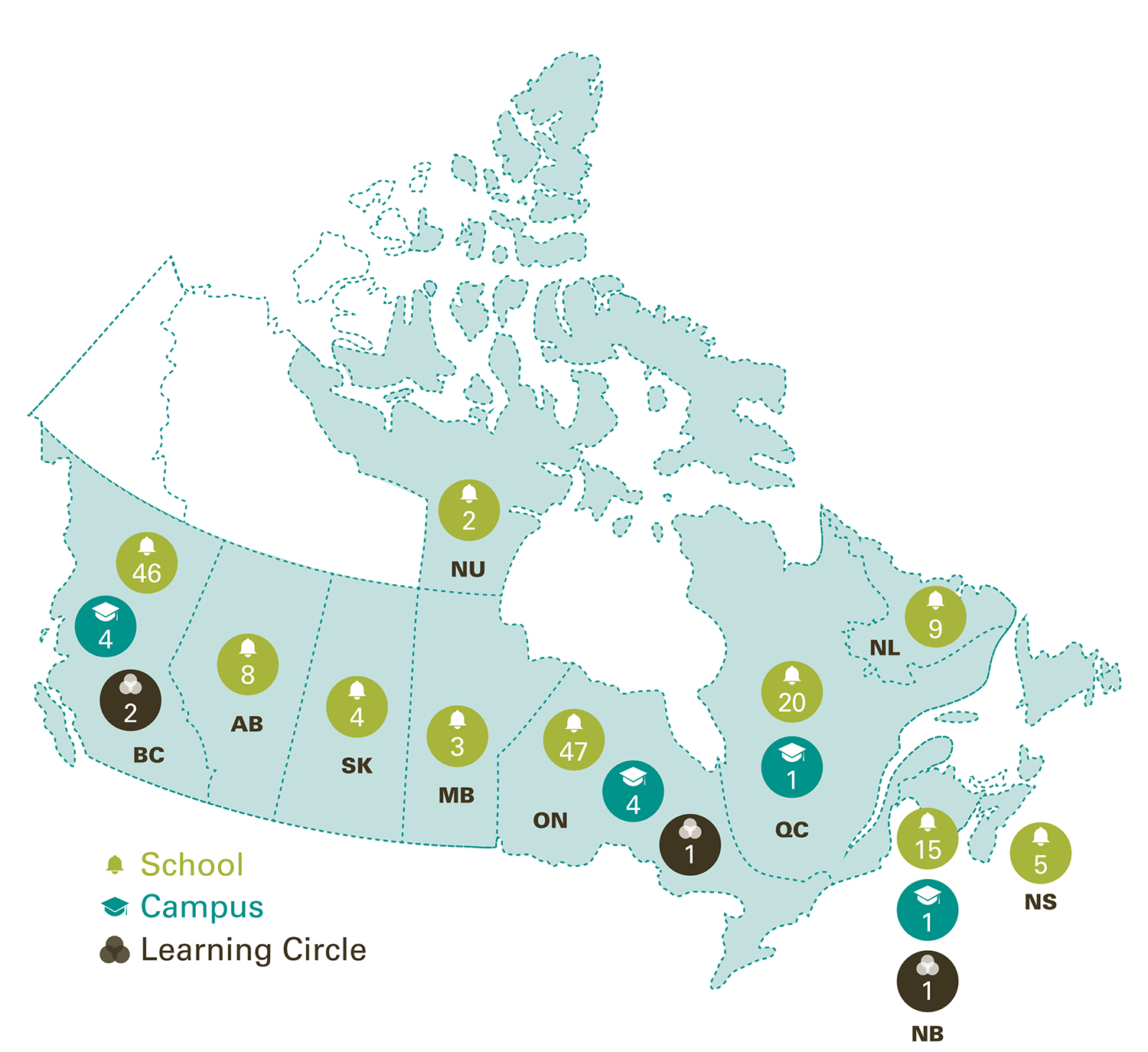
Farm to School Canada Grants
The Farm to School Canada Grants program provides 2-year grants of up to $10,000 each directly to K-12 schools to deliver farm to school programs by:
- Serving local food in a farm to school salad bar, or other meal service that allows students to create their own plates or build their own bowls.
- Engaging students in hands-on learning by growing, preparing and enjoying healthy, local food.
- Building connections between the school and community members to bring local skills, expertise and connection to the work and to build multi-generational relationships.
Over the 5-year Canada Digs In! initiative Whole Kids Foundation provided funding for 4 rounds of grants. Farm to Cafeteria Canada has administered the program and regional partners have provided on-the ground resources and supported participating schools.
Round 1
Round 2
Round 3
Round 4
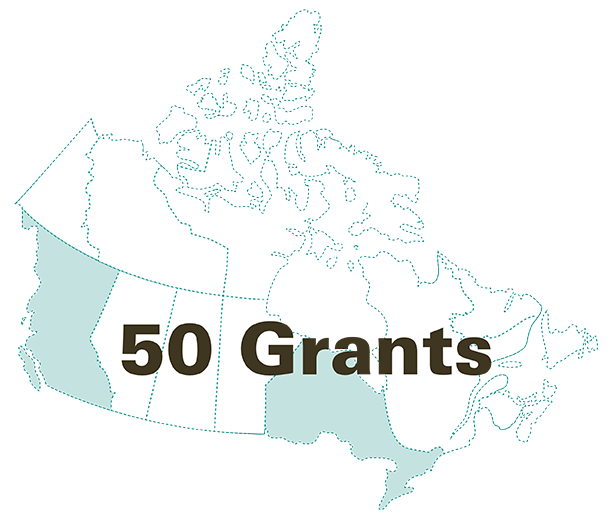
2 provinces
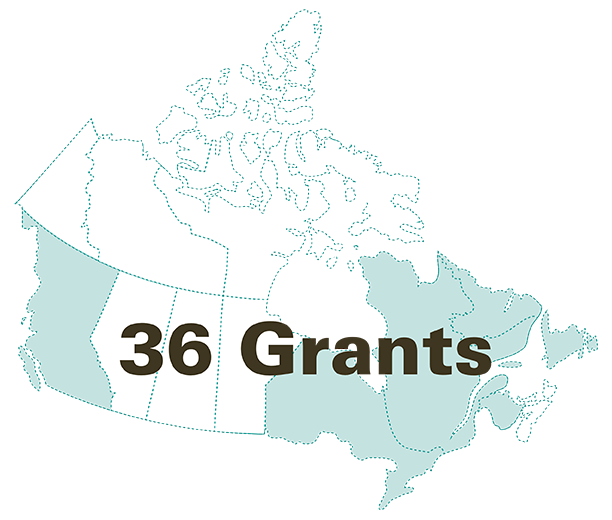
5 provinces
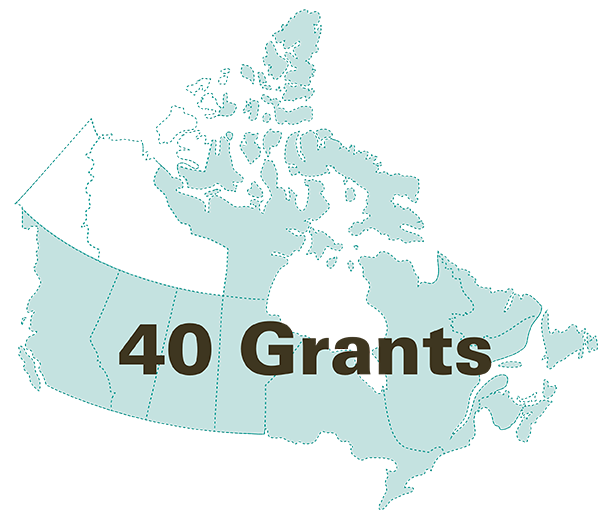
9 provinces + 1 territory
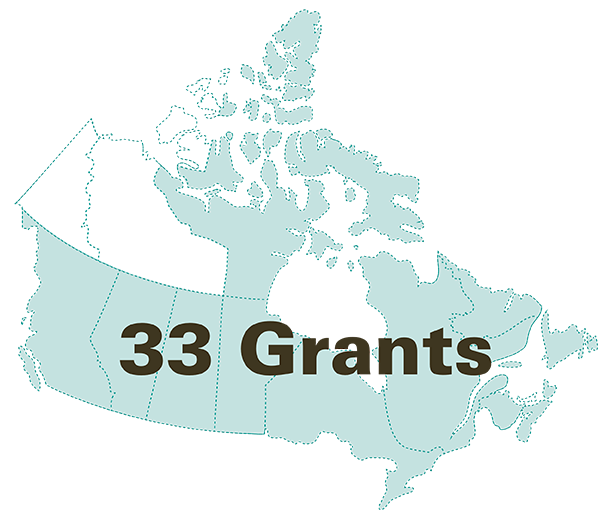
9 provinces + 1 territory
Read more about the Farm to School Canada Grants program.
Learning Circles
Learning Circle Grants are valued at $50,000-$70,000. They support multiple schools, individuals, and organizations across the local food system to come together to collaborate and build, strengthen, and/or expand collective farm to school / local food to school efforts within a local community.
In 2019, F2CC, in partnership with the Social Planning & Research Council of BC, provided Local Food to School Learning Circle Grants to two communities:
-
Q’wemtsín Health Society (QHS) supported Sk’elep School of Excellence, from Tk’emlups te Secwépemc, and Skeetchestn Community School to hold learning circles in their communities – Watch the video “Learning Circle Stories: from Tk’emlups te Secwépemc and Skeetchestn Indian Band”
-
Comox Valley – read Growing a Movement: Farm to School in the Comox Valley
In 2021 funding from Whole Kids Foundation enabled two other organizations, Headwaters Food and Farming Alliance in Ontario and Food For All NB, to receive Learning Circle Grants that are now under way and will complete in early 2023. Learn More.
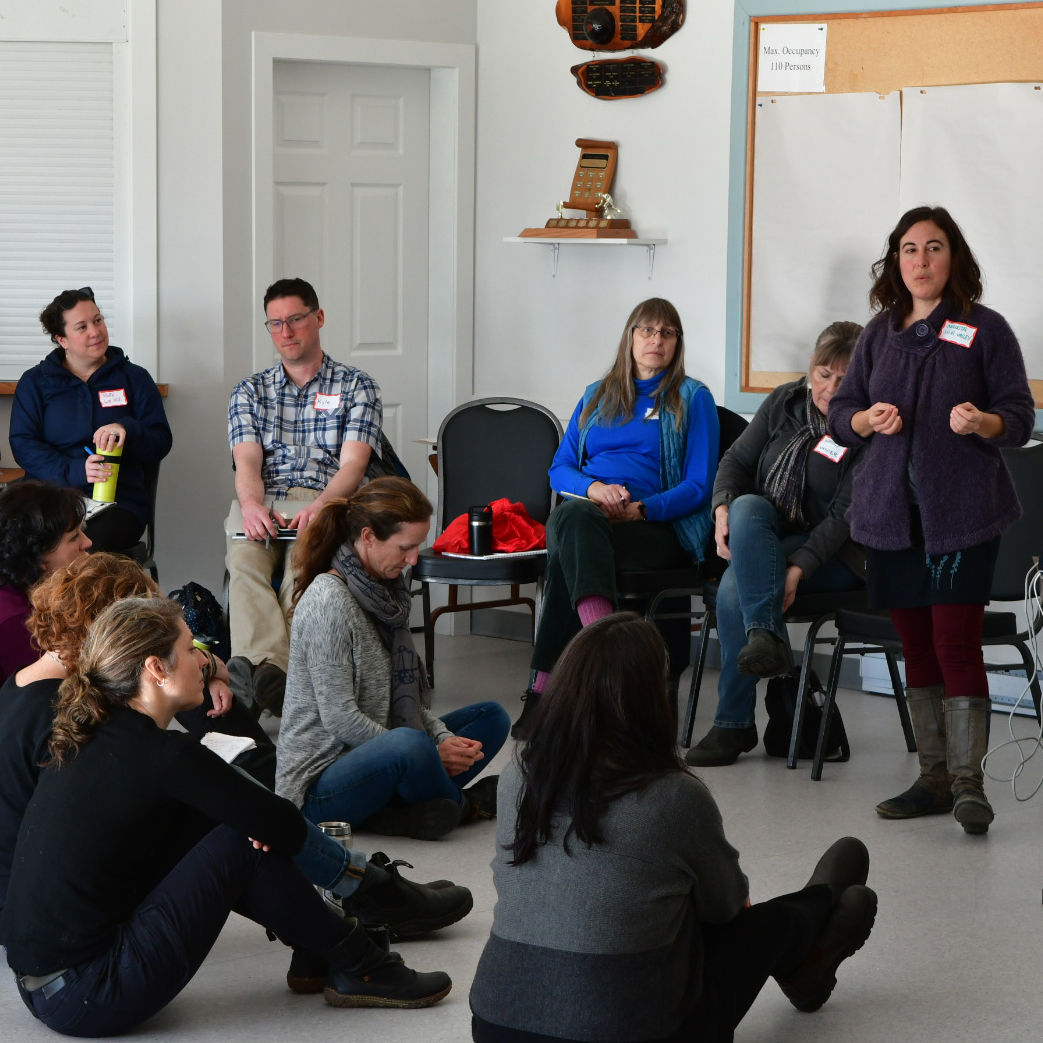
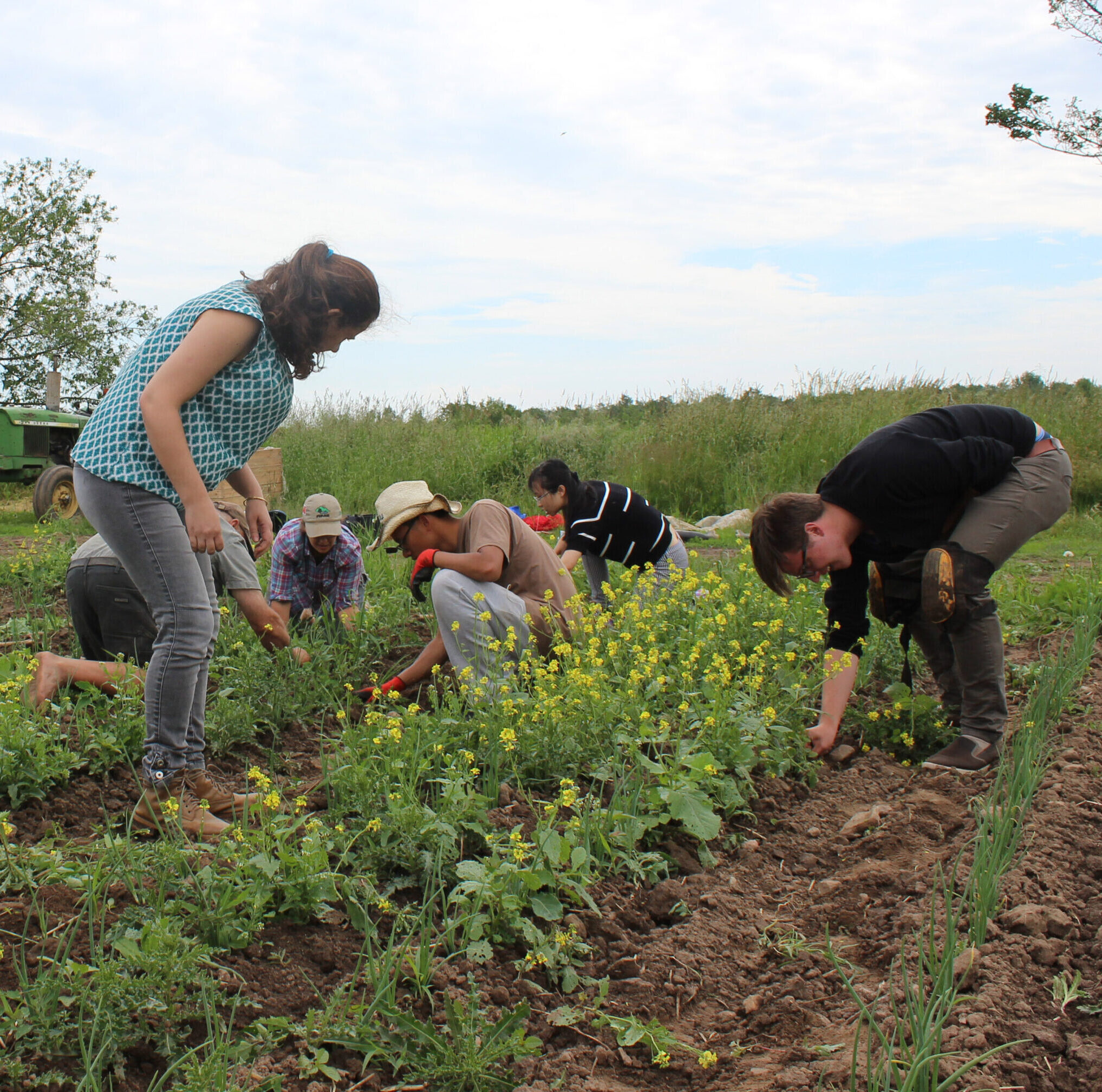
Campus Good Food Challenge
F2CC partnered with Meal Exchange from 2017-2019 to support the Good Food Challenge initiative. This on-campus campaign empowered post-secondary students to work with their university or college to provide food that is accessible, community-based, ecologically sound, socially just, and humane.
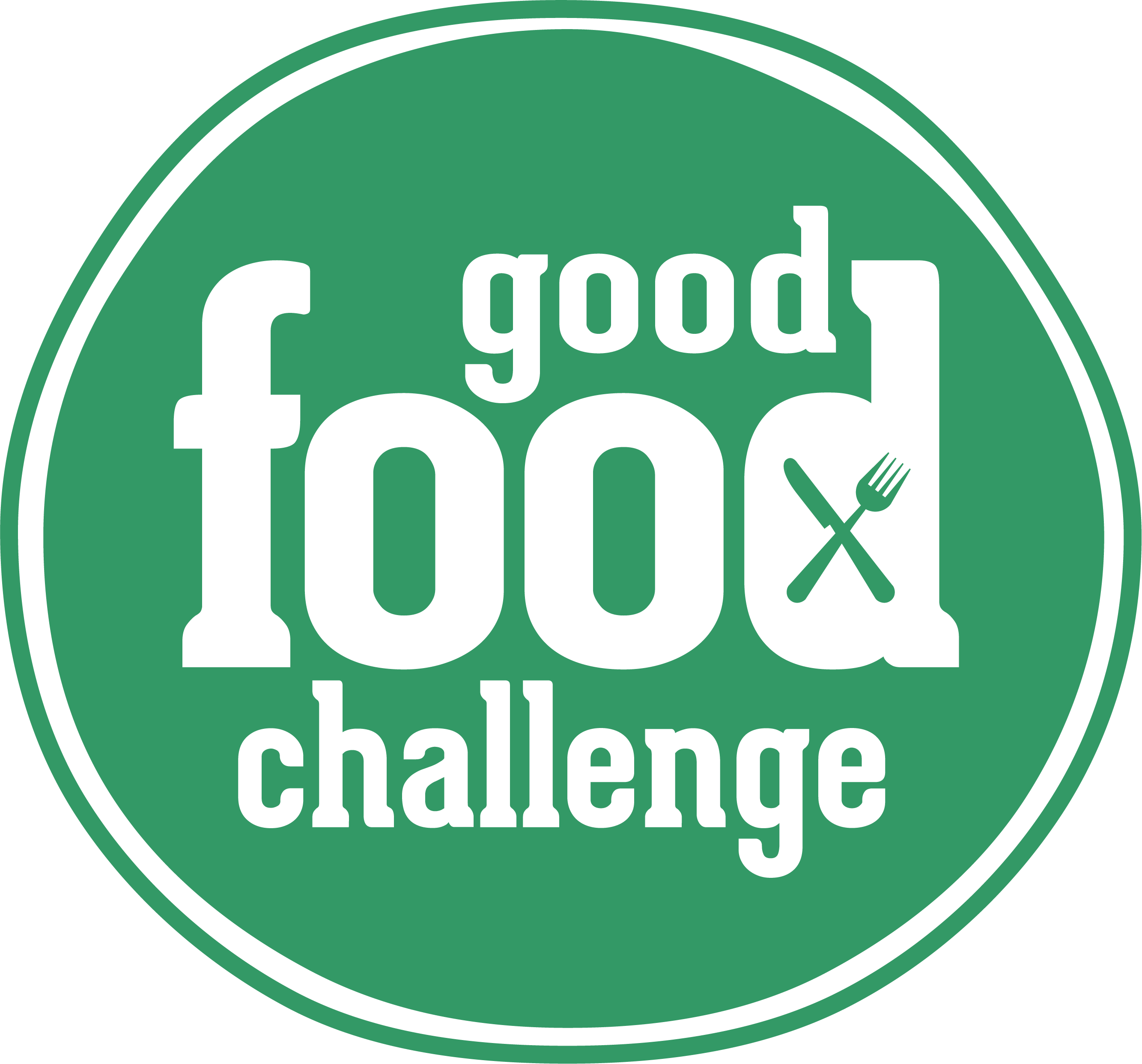 Campuses signed the Good Food Campus Commitment to show leadership and innovation in the food system and accountability to the well-being of their student community. By signing the commitment, they agreed to increase their procurement of Good Food to 20% by 2025 and make Good Food more affordable and accessible for all students.
Campuses signed the Good Food Campus Commitment to show leadership and innovation in the food system and accountability to the well-being of their student community. By signing the commitment, they agreed to increase their procurement of Good Food to 20% by 2025 and make Good Food more affordable and accessible for all students.
Learn more about Farm to Campus and the Good Food Challenge.
CAPACITY BUILDING
To support schools, campuses and organizations engaged in farm to school we developed resources and offered training and knowledge-sharing opportunities.
We directly supported our grantee schools
Designated Regional Leads across different provinces were responsible for coordinating and supporting schools.
During the Canada Digs In! initiative over 225 representatives from the participating K-12 schools received training on implementing and sustaining their programs. This training, which included presentations from chefs, farmers, local knowledge keepers and past grant participants, shared how to:
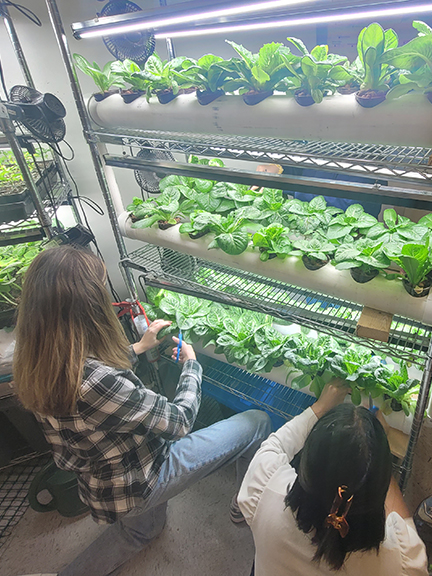
Source local food for the meal service

Prepare and run a smooth salad bar service
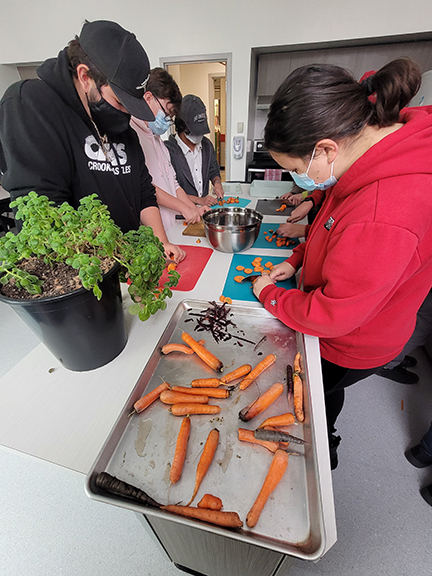
Engage students in hands-on food literacy activities
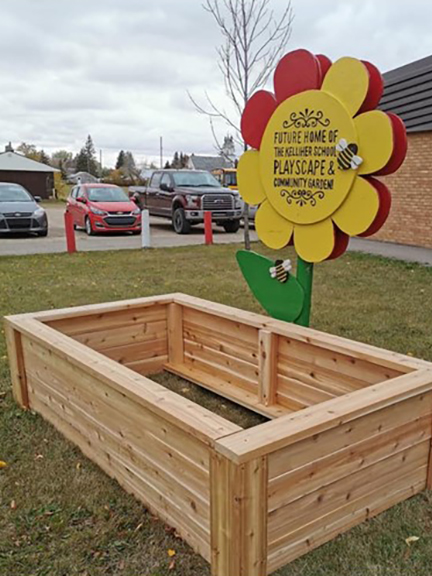
Promote the meal service and broader farm to school program
The two initial rounds of grantees received training in person. The majority of the 2020 round of grantees received training virtually to account for the reality that grants were now being distributed to schools across the country and to meet restrictions in light of Covid-19.
We offered additional training and supports including:
Regular regional community of practice meetings
Webinars
Visits to schools by the regional leads
1:1 phone and email supports
Sharing of school stories
Private regional Facebook groups
We developed and curated resources and documented stories
We created and supported the development of a wide range of resources to fill gaps in information and to profile the great work happening in school communities to connect students to healthy, local food and opportunities for food literacy at school.
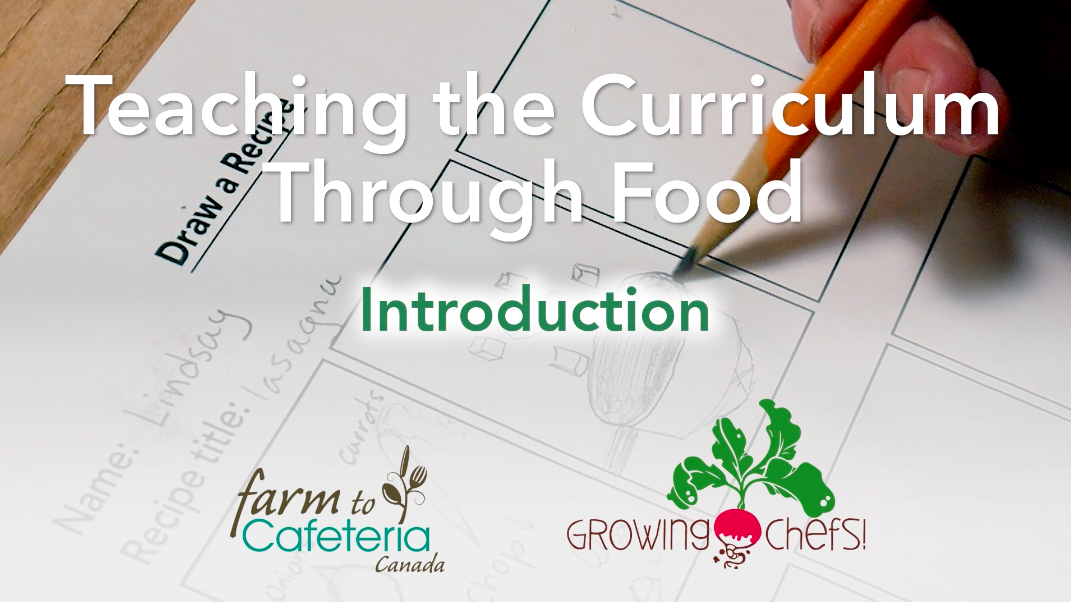
Teaching the Curriculum Through Food
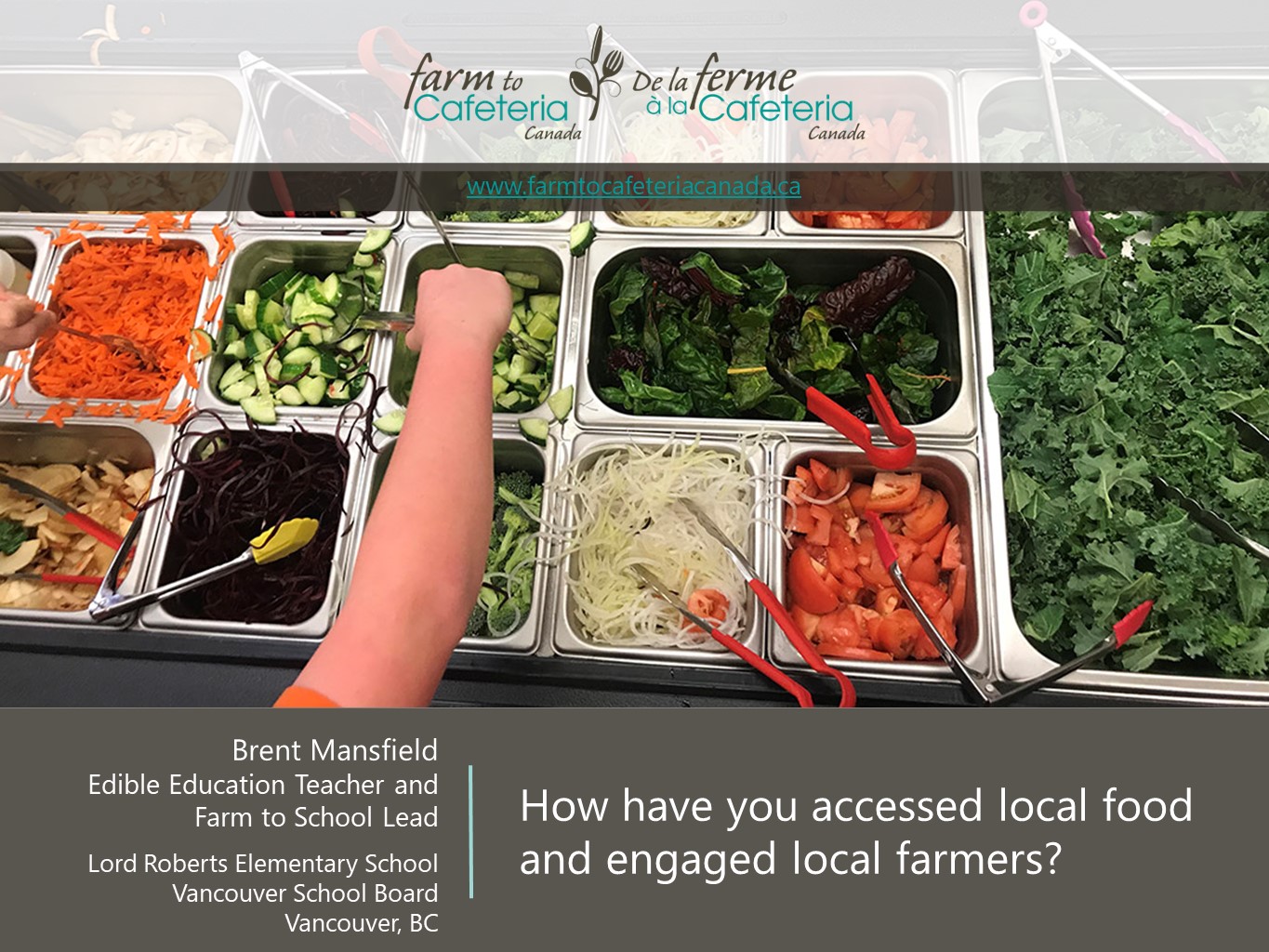
Videos on Implementing Farm to School Programs
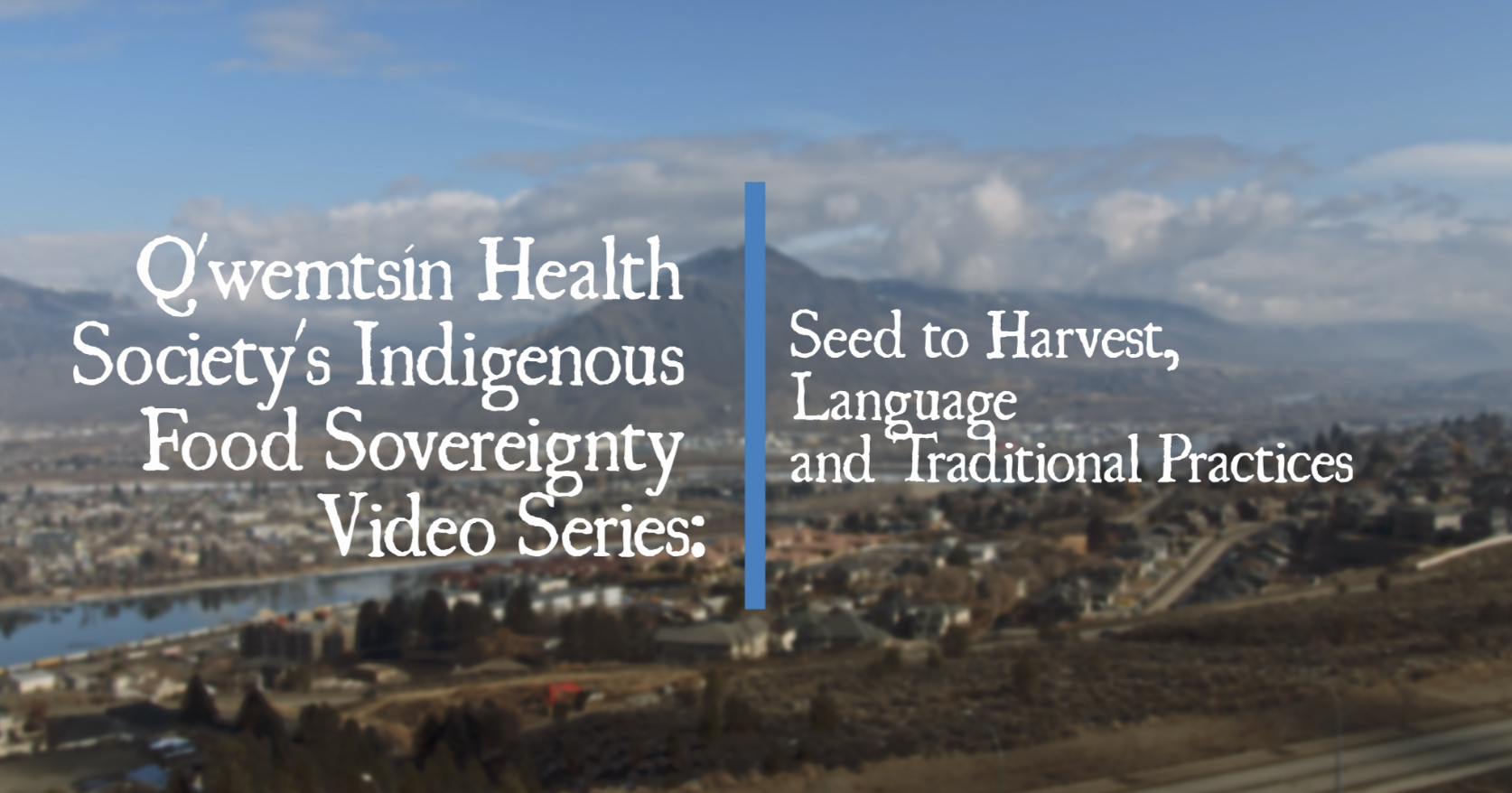
Q’wemtsín Health Society’s Indigenous Food Sovereignty Video Series
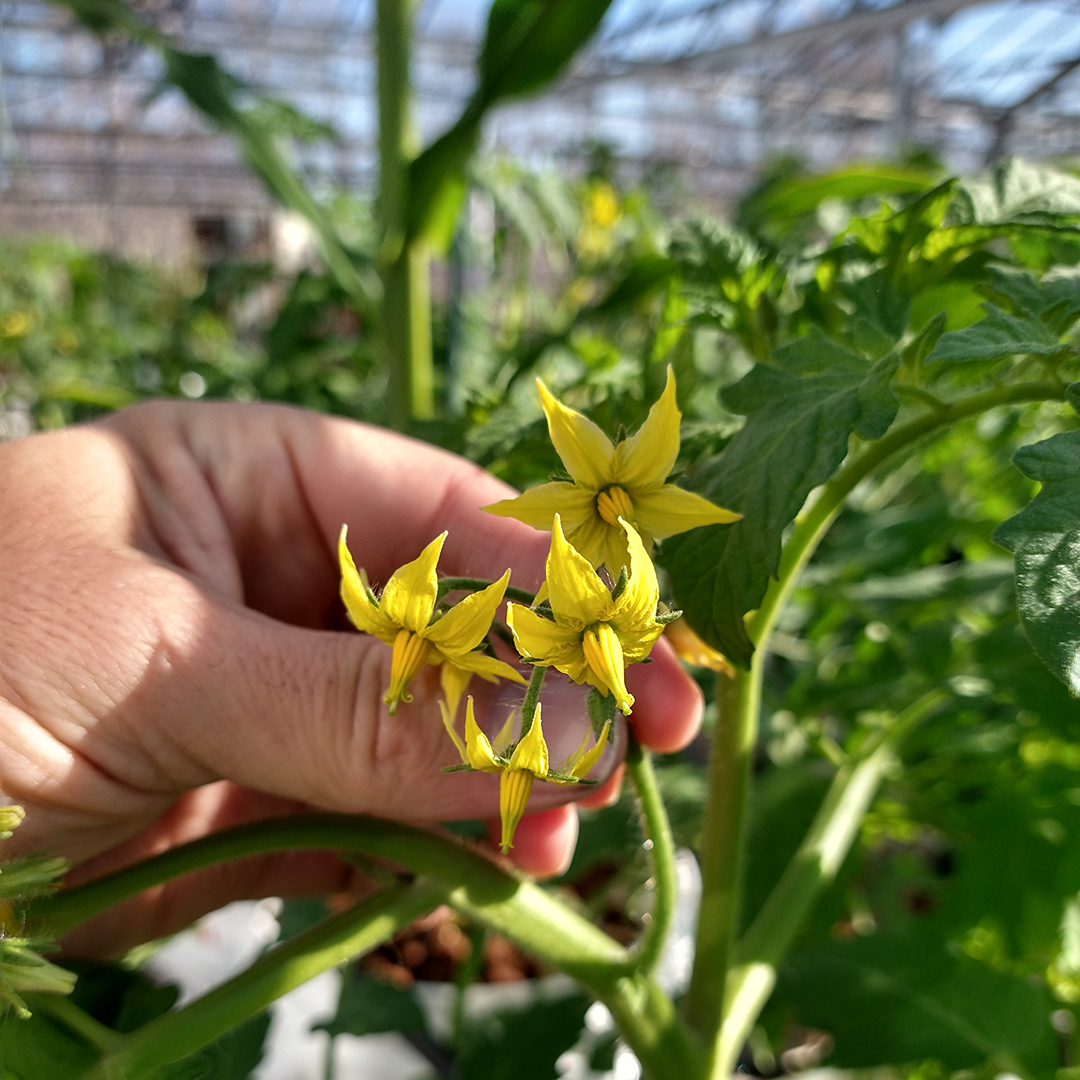
Edible Education Community of Practice
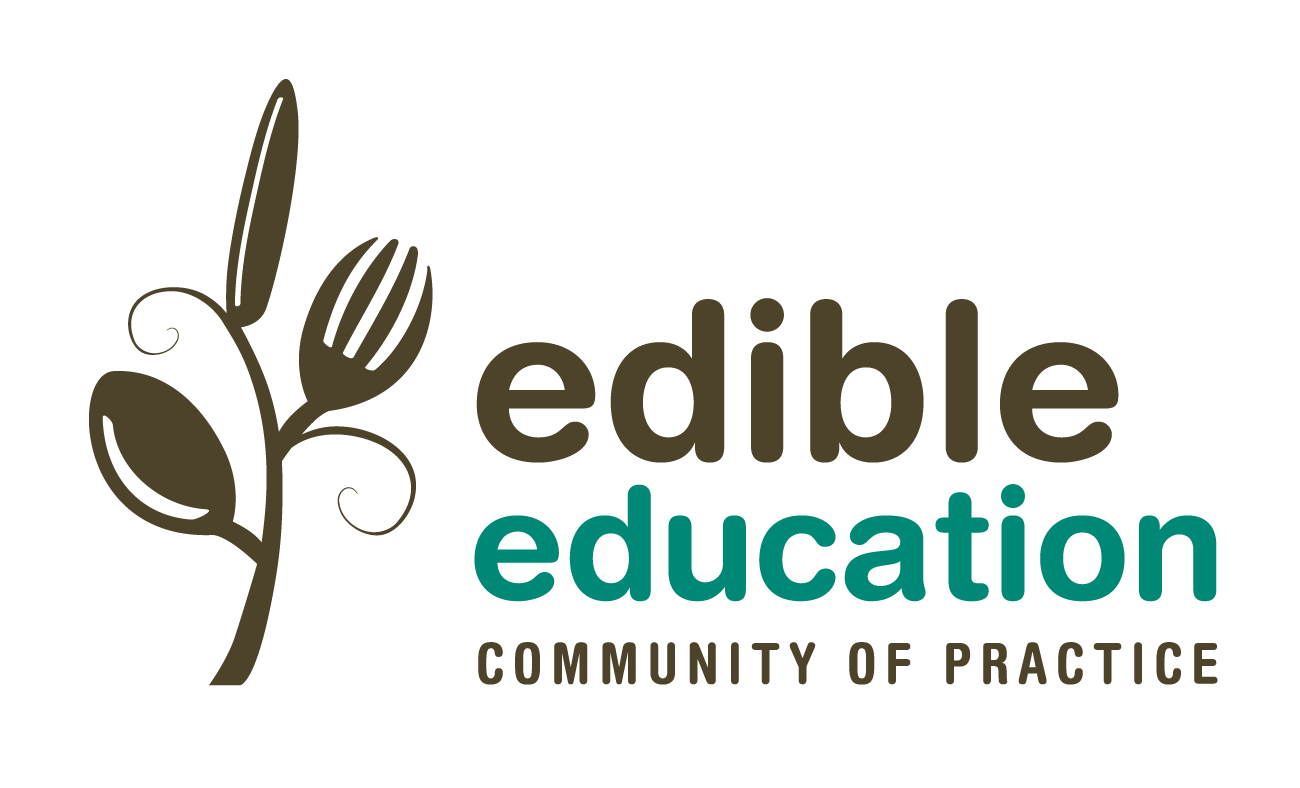
In early 2021 we launched the Edible Education Community of Practice (CoP) to provide a supportive space for those working on Edible Education initiatives (e.g. farm to school programs, land-based learning, school gardens, cooking programs, outdoor education) to connect with, learn from, and collaborate with other practitioners across the country. The CoP cultivates relationships and encourages the sharing, exploration and development of resources and experiences to inform, inspire and amplify impact.
The CoP has held 5 meetings to bring practitioners together:
- Walking Forward: Learning from Place (May 24, 2022)
- Decolonizing Your Garden (March 2, 2022)
- Conversation on Land-Based Learning (Nov 16, 2022)
- Presentations from CoP members (June 2, 2021)
- About the Community of Practice (March 10, 2021)
Presentation recordings and information about the CoP are available on the
Community of Practice page.
School Food Map
In 2022 Farm to Cafeteria Canada updated its School Food Map so that more schools and community partners can share their school food activities and connect with each other.
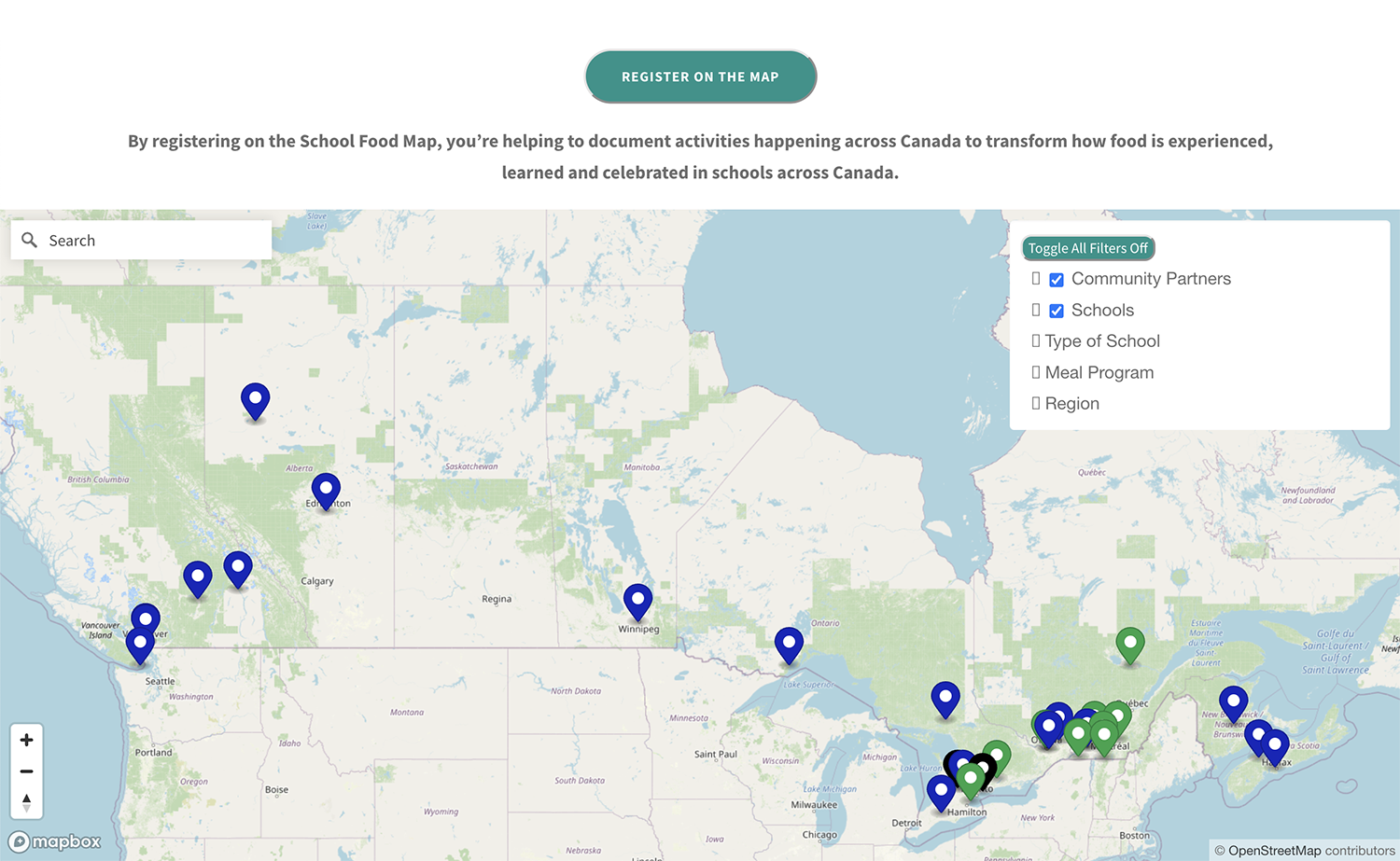
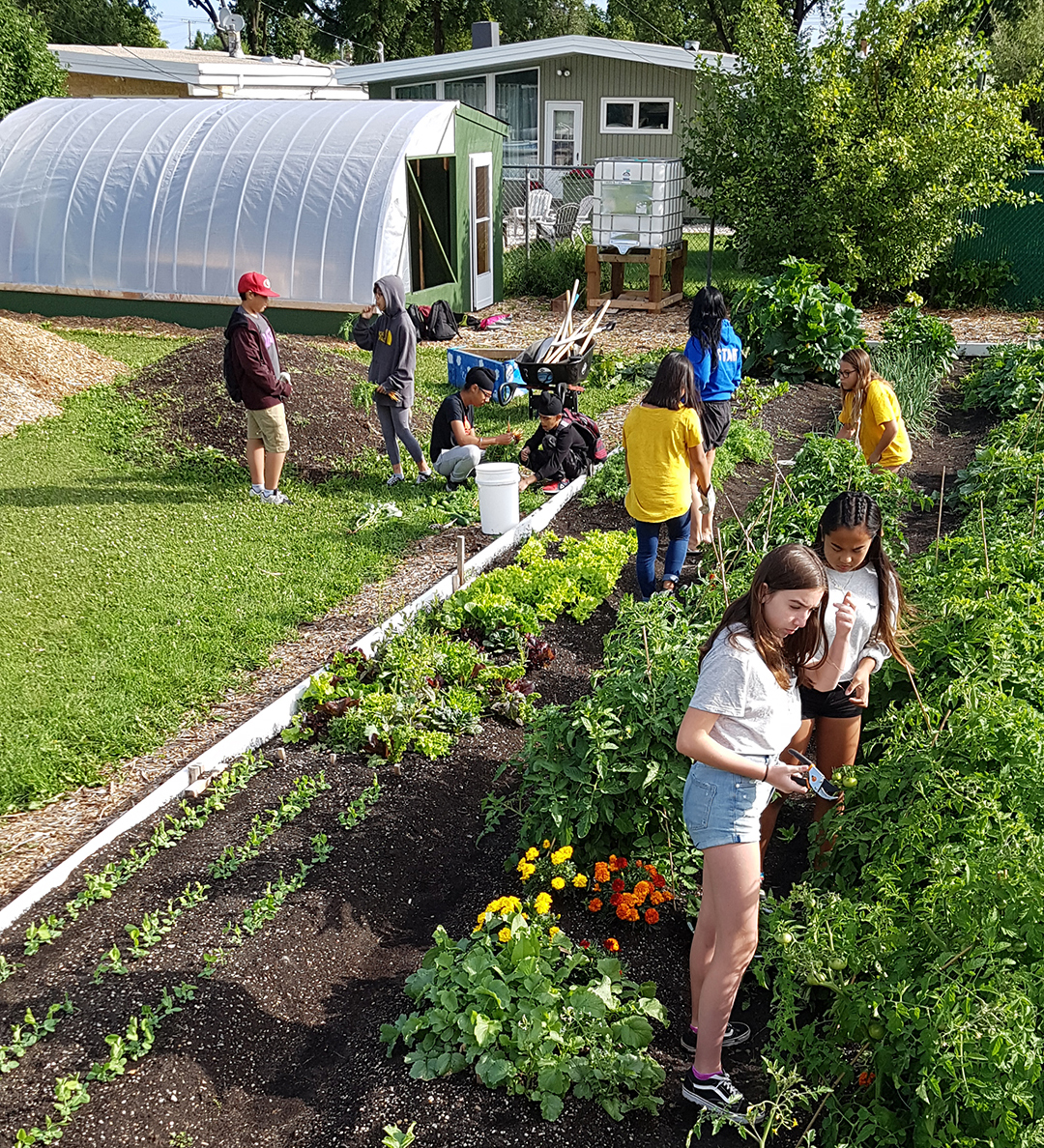
Youth Engagement Strategy
Through F2CC’s 2021 strategic planning process we identified a need to create a National Youth Engagement Strategy that amplifies the voices of the youth in Canada who are impacted by our work. In spring 2022 we reached out to youth aged 15-20 across the country and developed two paths in which young people could participate:
- Joining a youth voices working group; or
- Sharing a personal story about their own experience connecting to food or food systems
Throughout March 2022 F2CC hosted a series of 4 workshops with 12 youth from across Canada to listen to their experiences with food at school, and hear how F2CC can better engage youth in its work. From the workshops youth gave us 4 key recommendations. Additionally, youth also submitted some great stories about their experience with food in their school community.
5 National Farm to School Month celebrations
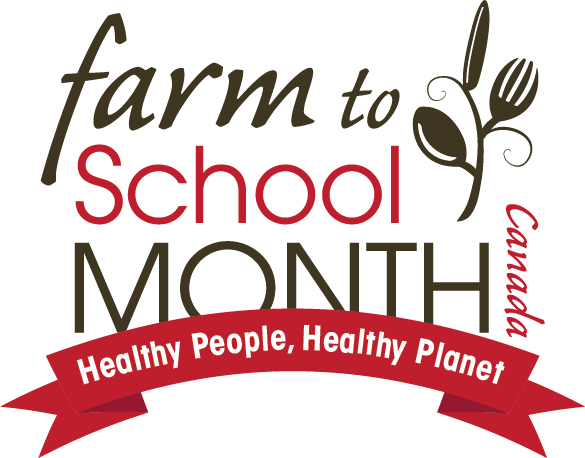 Farm to School Month is celebrated each October. It invites school communities, from pre-school to campus, to “Dig In” to farm to school. The month is intended to showcase the many diverse farm and local food to school activities happening across the country, while inspiring others to join the movement.
Farm to School Month is celebrated each October. It invites school communities, from pre-school to campus, to “Dig In” to farm to school. The month is intended to showcase the many diverse farm and local food to school activities happening across the country, while inspiring others to join the movement.
Check out our Farm to School Month Campaigns:
Learn more about Farm to School Month in Canada.
Canada’s first National Farm to School Conference
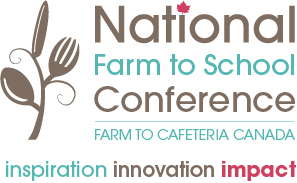
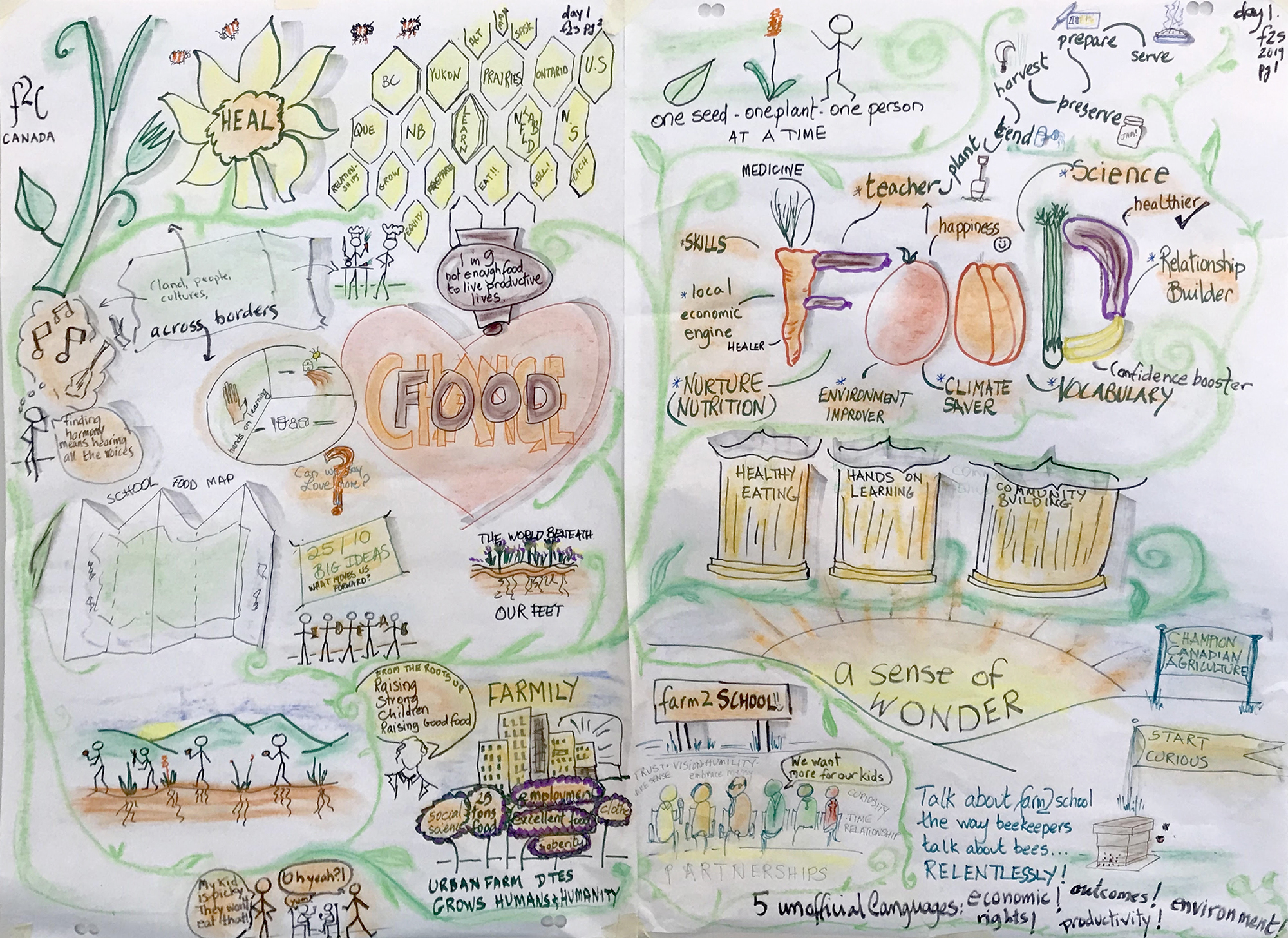
2019 Farm to School Conference
300 delegates
from students and teachers, to academics and policy makers from across Canada and the United States gathered in Victoria, BC in May, 2019, to INSPIRE, INNOVATE & organize for IMPACT to close the distance between farm and fork and bring more healthy, local & sustainable foods to the minds & plates of students.
View the conference proceedings report here.
NOURISHING RELATIONS
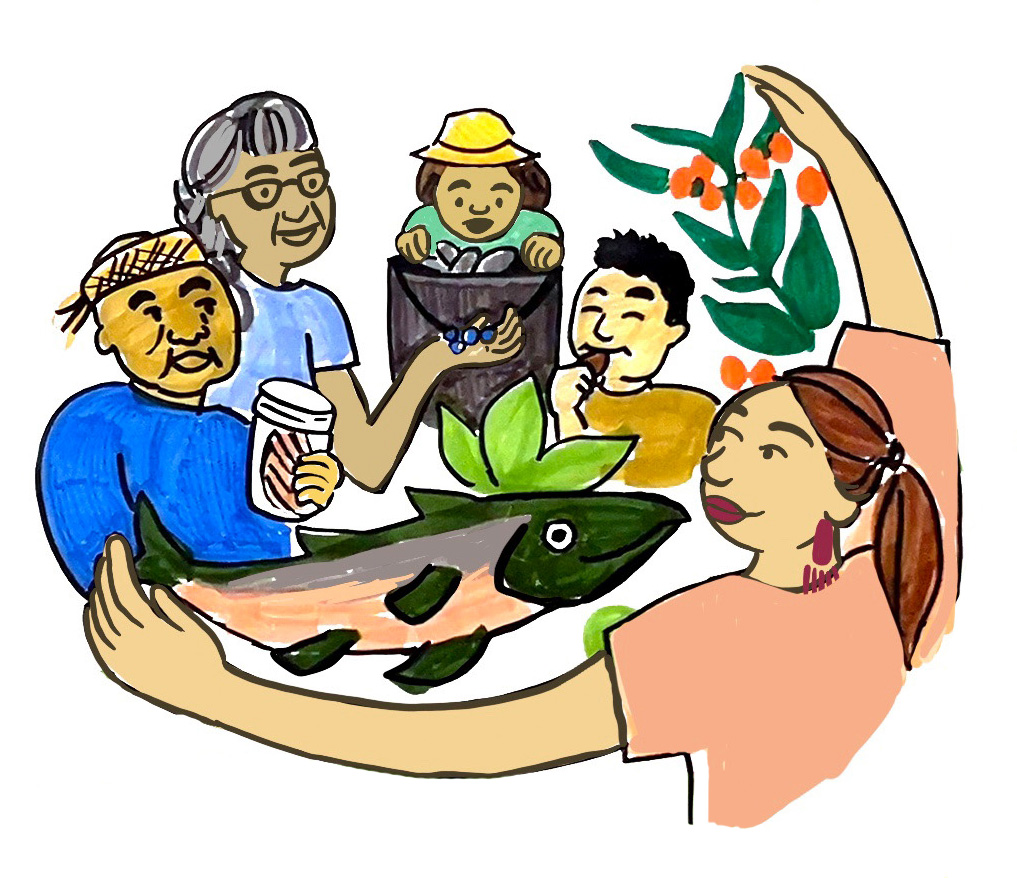 The farm to school approach can complement the work of those who are bringing traditional Indigenous foodways into schools. F2CC has funded many projects where, from remote communities to urban centres, educators including Elders and Knowledge Keepers are teaching about food and traditional food systems and are incorporating traditional foods, practices and traditions throughout the school day.
The farm to school approach can complement the work of those who are bringing traditional Indigenous foodways into schools. F2CC has funded many projects where, from remote communities to urban centres, educators including Elders and Knowledge Keepers are teaching about food and traditional food systems and are incorporating traditional foods, practices and traditions throughout the school day.
We are proud of what we have enabled so far; however, we know that we need to do much more to better honour the Indigenous peoples, histories and lands on which we all live today.
F2CC has been working within our own team to envision how our mandate, operations and institution can better include, reflect, honour and amplify Indigenous voices, perspectives, values, and ways of knowing. We are doing this with the spirit of nourishing relations.

Virtual Sharing Circles
In February and March 2021, F2CC and its partners hosted 3 virtual sharing circles facilitated by Alderhill, an Indigenous owned and operated company of leading experts in Indigenous community planning.
The objectives of these sharing circles were:
- To hear from Indigenous school communities and/or those who work directly with Indigenous school communities about their vision for food sovereignty projects and what barriers exist to reaching these visions.
- To provide a platform for Indigenous school communities to connect and learn from one another.
During these conversations participants shared stories, spoke about challenges, shared concerns with the “Farm to School” term and made recommendations for how F2CC could support Indigenous communities so that people who are looking to integrate Indigenous foodways and healthy, local foods into their school communities have more resources and connections to do so. Participants recommended that F2CC hire an Indigenous person onto the team, expressing that for programs to be successful, Indigenous leadership needs to be present.
Taking our Next Steps
Since we held our sharing circles F2CC has:

Hired Christina Smith into the role of Indigenous Lead: Local Food to School
Christina connected with schools in Indigenous communities / that serve Indigenous students to hear about their successes and challenges and to share their stories. As a core member of the project team, Christina played an integral role to advance all aspects of F2CC’s Nourishing Relations Commitment.
-
Worked with the Coalition for Healthy School Food and Canadian Feed the Children to develop an Indigenous School Food Working group to bring people together to network and share experiences. This has included hosting meetings and developing a map of stories about school food programs in Indigenous communities and for Indigenous students.
-
Hosted conversations and shared resources on the theme of Land-based learning.
See: -
Increased the percentage of Farm to School Canada grants given to Indigenous schools. Over 50% of our 2022 round of grants are committed to schools in Indigenous communities or with a high percentage of Indigenous students.
Learn more and access stories and resources on our:
Nourishing Relations SiteEVALUATION
Canada’s First Ever Evaluation Framework for Farm to School
From August 2020 – March 2021, with the input of over 140 individuals from diverse sectors across the country, F2CC developed the Farm to School Evaluation Framework for Canada to inform our own evaluation work and to give school communities, as well as researchers and policy makers, guidance on how they can measure what matters.
The final framework articulates 18 outcomes, 9 high-priority policy/community level indicators and 11 high-priority indicators that people have said that they want to see measured at the school level relating to 4 impact areas: Public Health, Education, Community Economic Development and the Environment. It shares a full list of 45 priority indicators as well as other Indicator ideas that people wanting to evaluate their programs can select from.
Download the full Evaluation Framework
Evaluation Framework Tools
How can programs get started with measuring the indicators in the Framework? As next steps coming out of the Framework F2CC has started to develop tools that school communities can use:
Webinars: Sharing Evaluation Tools to Support Farm to School Programs
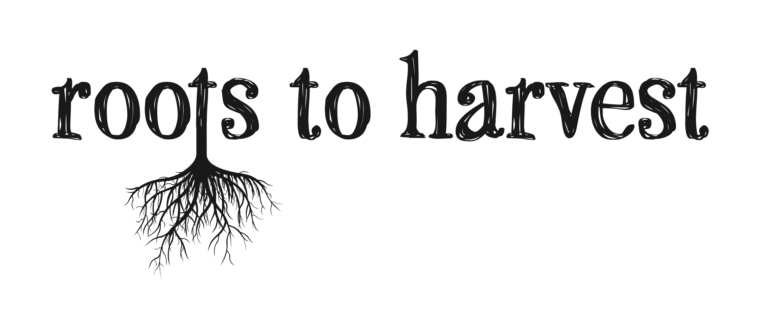

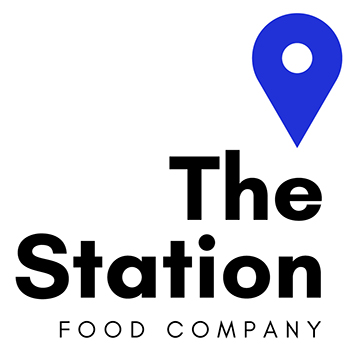
The full evaluation framework and tools are available here.
Evaluation of the Farm to School: Canada Digs In! Initiative
Canada Digs In! led the first-ever comprehensive evaluation of farm to school in Canada. Between June 2017 and June 2022 our project team planned and delivered the following evaluation activities:
The results are in, and demonstrate that farm to school benefits:
Data from 2016 & 2018 grant recipients
Public Health

Students gain the skills and habits needed for a lifetime of healthy eating when they participate in farm to school programs.
Education & Learning

Farm to school brings curriculum to life and enables hands-on student learning.
Community Economic Development

Farm to school connects schools with farmers and increases local food procurement.
Vibrant School Communities

Farm to school supports student wellbeing and connection to their community.
For more impacts access the full series of info-sheets:
And check out what our grant recipients achieved between 2020-2022 during Covid
Growing a Movement
Farm and local food to school activities build resilient, connected communities that nourish people and the planet.
Momentum is growing!
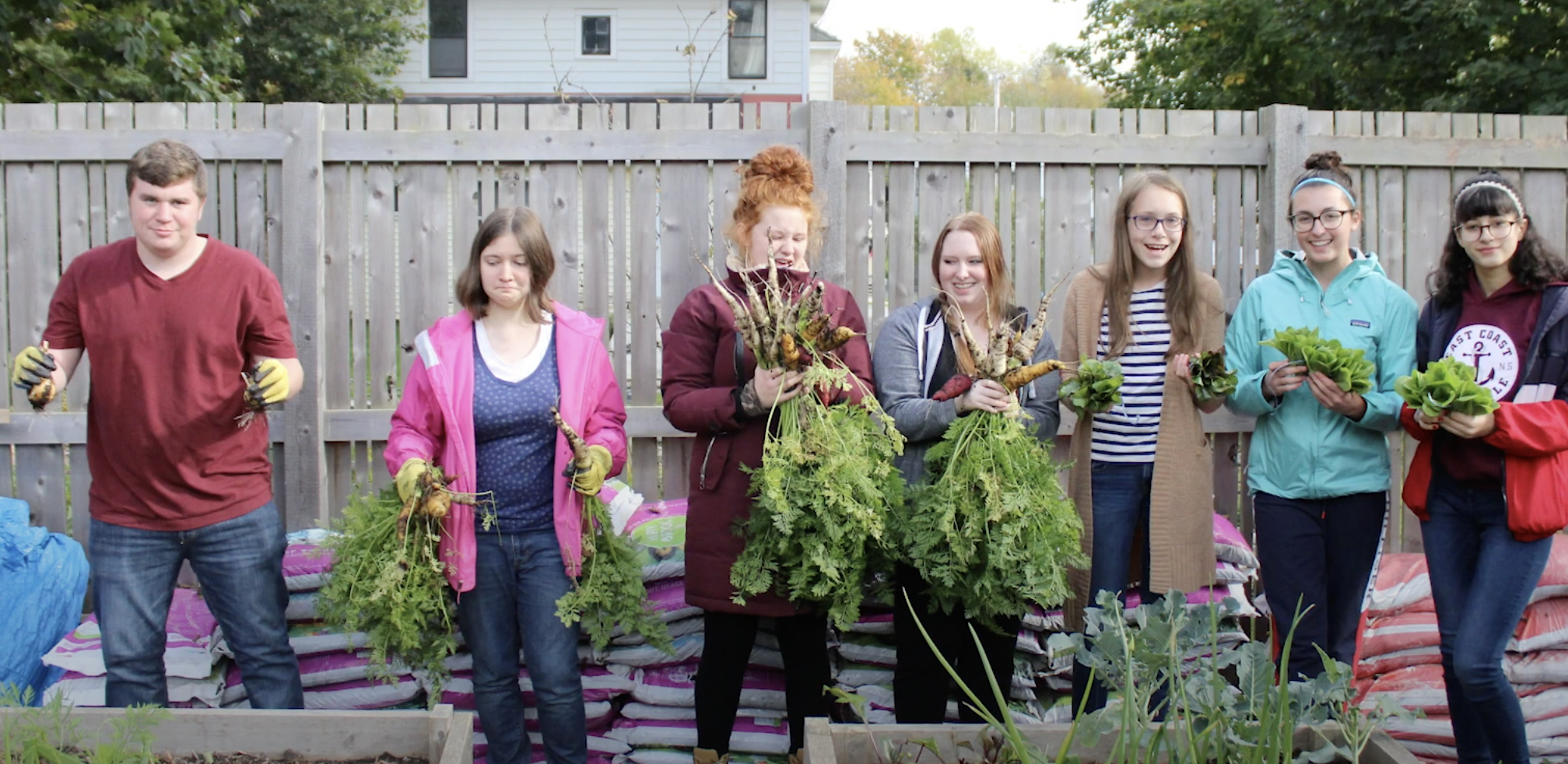
Join the movement to bring more healthy,
local food to the minds and plates of students.
Together, we can transform how food is experienced, learned and celebrated in ALL schools across Canada.
CONTACT
ACKNOWLEDGEMENTS
STUDENTS
Educators
Principals
Parents
Food service staff
Community partners
Community volunteers
Chefs, farmers, fishers, hunters, foragers, elders
Public health practitioners (dietitians, nurses, health inspectors)
Contributors
This report was prepared by
- Jesse Veenstra, National Director
- Tracey O’Neil, Design & Communications
- Carolyn Webb, Research & Knowledge Translation Lead
- Christina Smith, Indigenous Lead, Local Food to School
- Danielle Côté, Advisor
- Jyotika Dangwal, Grants & Evaluation Coordinator
- Monica Petek, Researcher, SPARC BC
- Juliette Clochard, Translation
- Clara Canac, Translation
- Geneviève Chatelain, Translation
See the full list of project partners and team members here.

